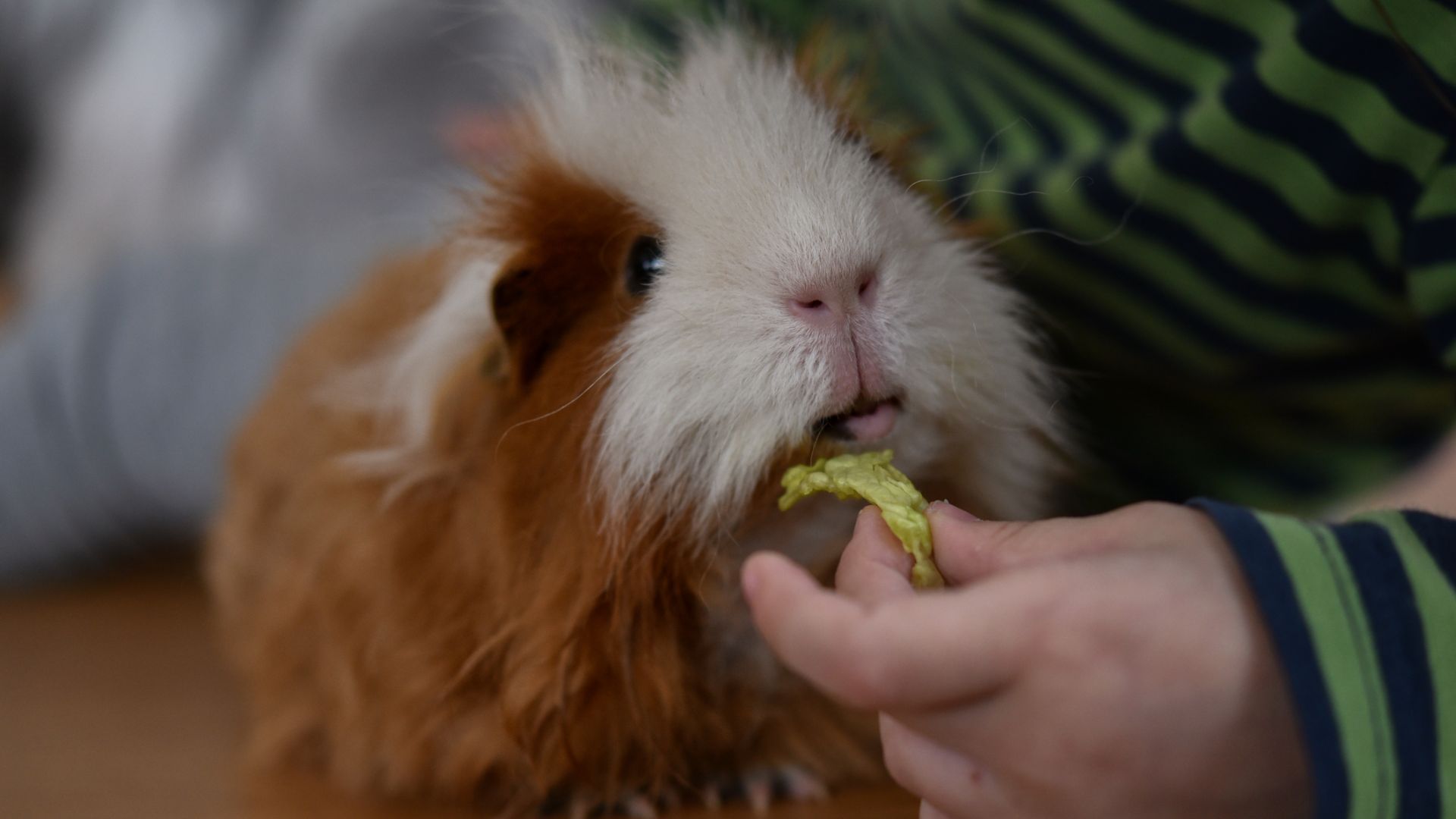
Get the best advice, tips and top tech for your beloved Pets
You are now subscribed
Your newsletter sign-up was successful
Guinea pigs can eat a wide variety of fruits, vegetables, plants, and herbs but there are many things that guinea pigs cannot eat. You should be very careful to avoid feeding them anything that may be toxic.
One of our top tips for taking care of guinea pigs is knowing all about their diet. Guinea pigs require a carefully balanced diet, with some fruit, vegetables, greens, and plenty of roughage like hay. These can be served in one of the best pet food containers, or given to your pet in a run or hutch for them to forage through.
Now, let's check out the 32 foods that your guinea pig should steer clear of.
32 things guinea pigs cannot eat
1. Avocado
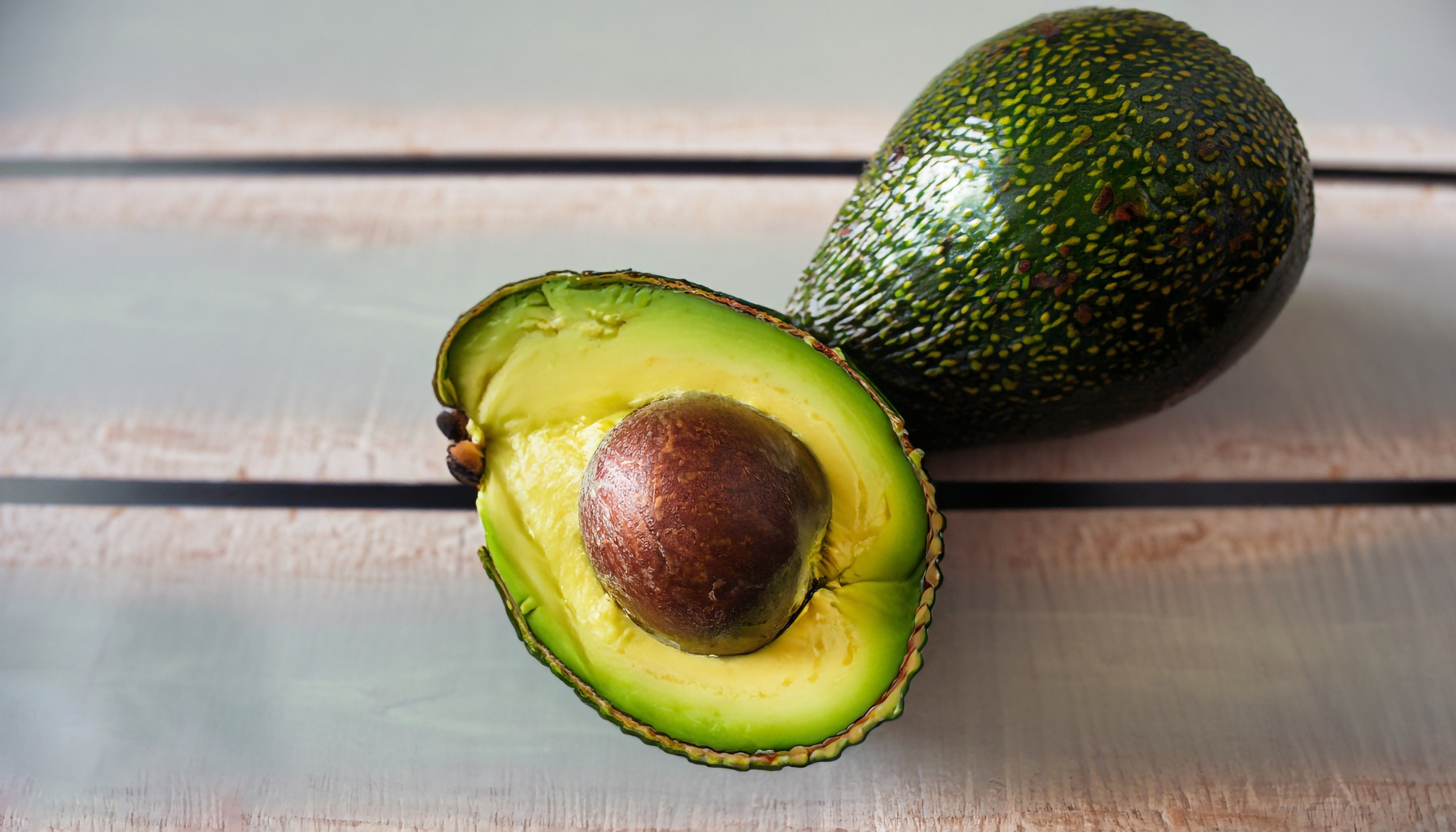
Avocados contain persin, which is toxic to guinea pigs. The skin, flesh, and stone of the fruit all contain this compound which can cause heart failure in guinea pigs.
2. Chives
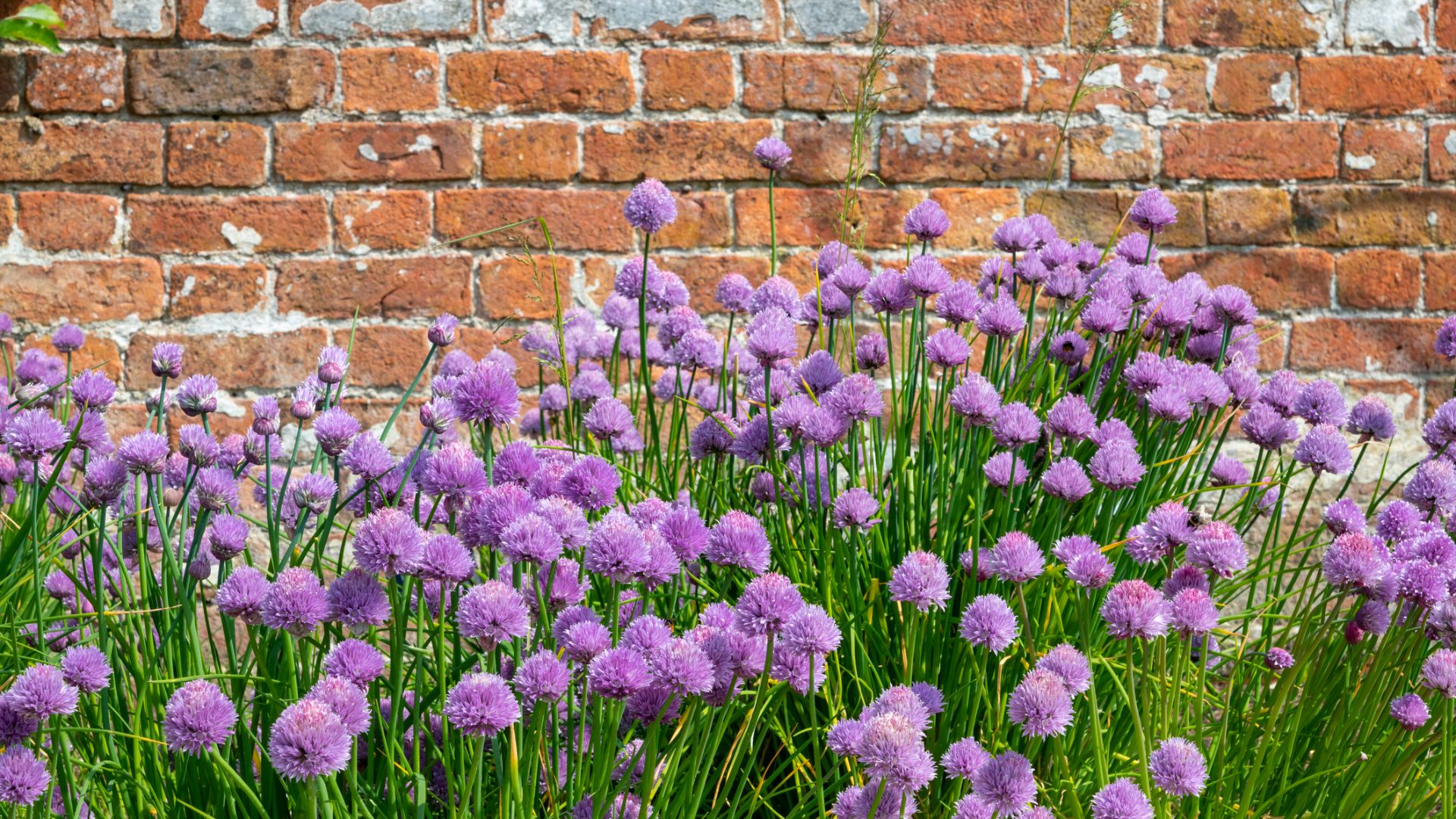
Be careful that there are no chives planted among the grass when allowing your guinea pig to forage freely in a run. Chives can cause issues with red blood cells due to their high disulfide content.
3. Nuts
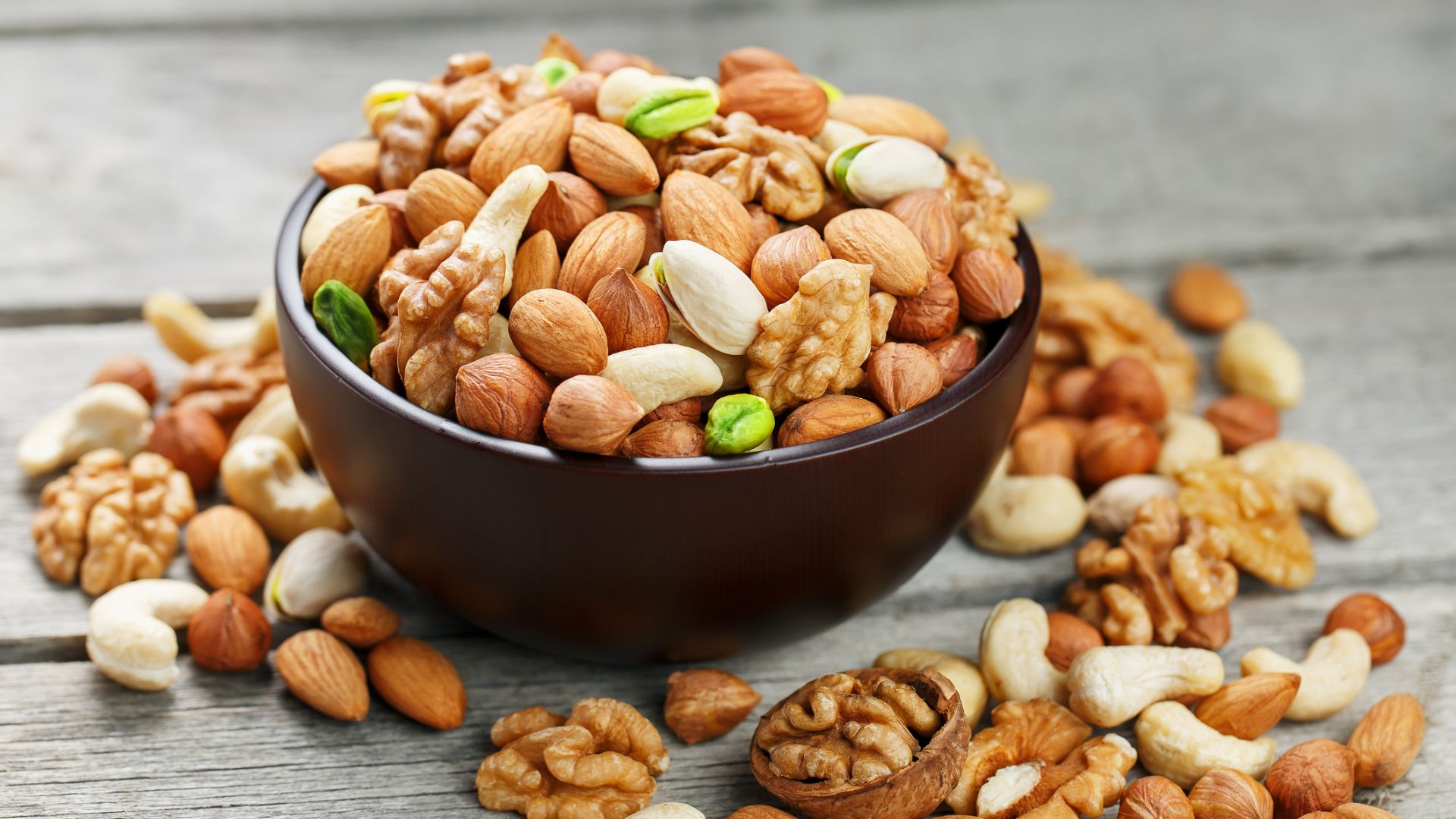
Nuts are high in carbohydrates, making them unsuitable for feeding guinea pigs. Shards of nut might also get caught between their teeth, causing dental issues.
4. Chips
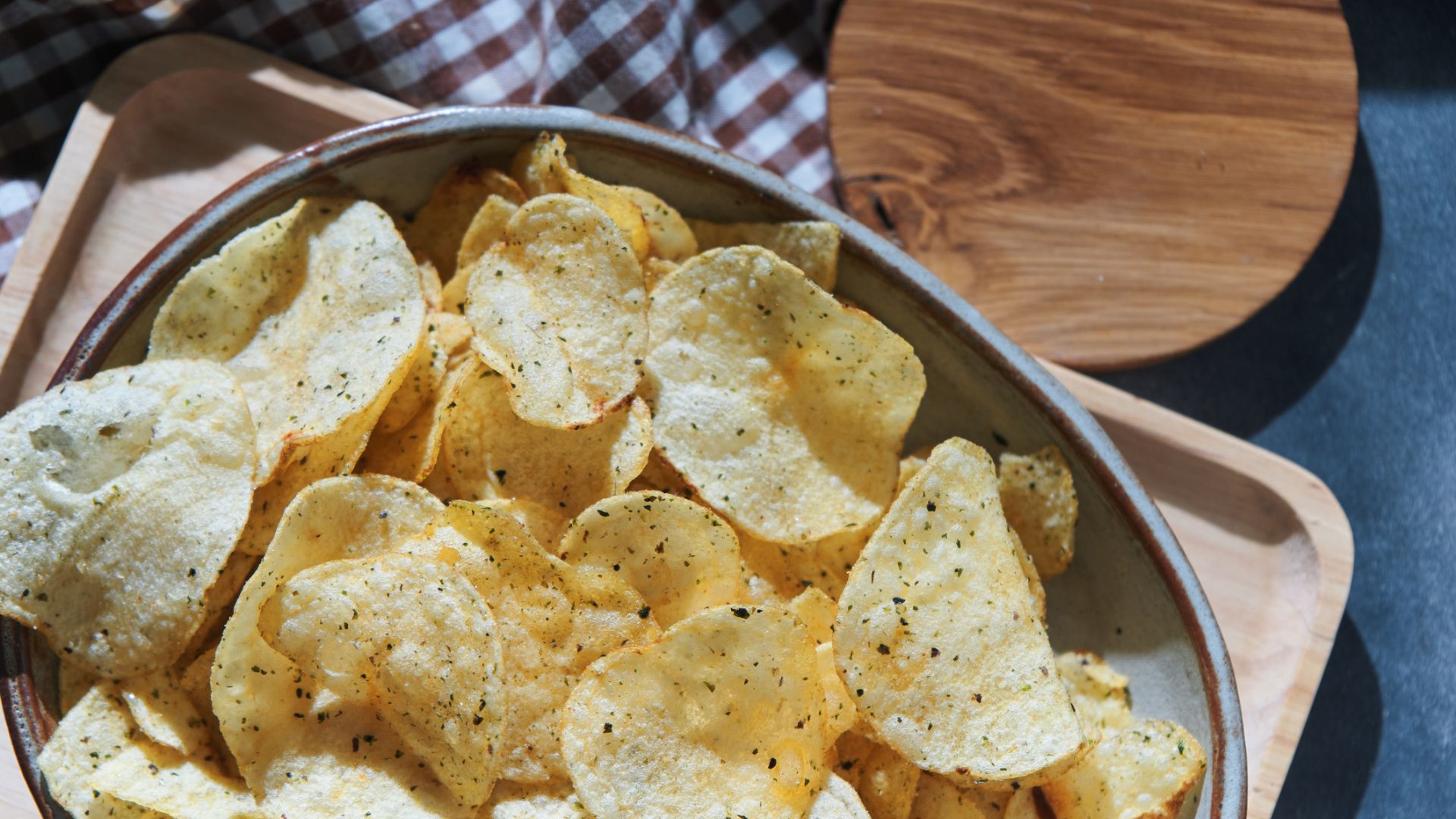
Chips are undeniably delicious but very unsuitable for guinea pigs. Not only are they made of potato, which guinea pigs cannot eat, but the seasoning is likely to cause problems too.
Get the best advice, tips and top tech for your beloved Pets
5. Chocolate
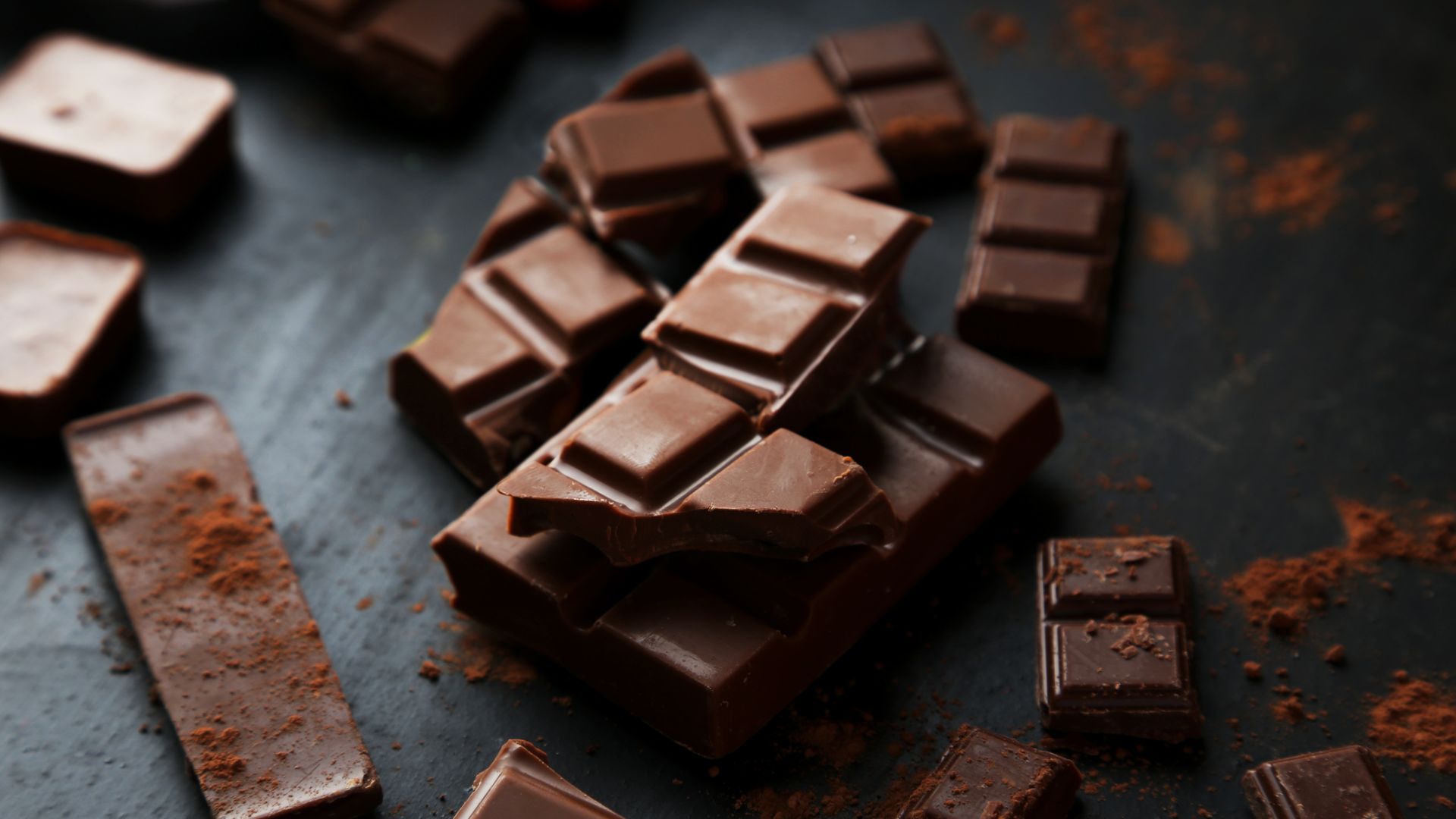
Another favorite of humans, chocolate should not be given to guinea pigs due to its high fat and sugar content. Similar to dogs, it can cause fatal complications for guinea pigs.
6. Other pet food
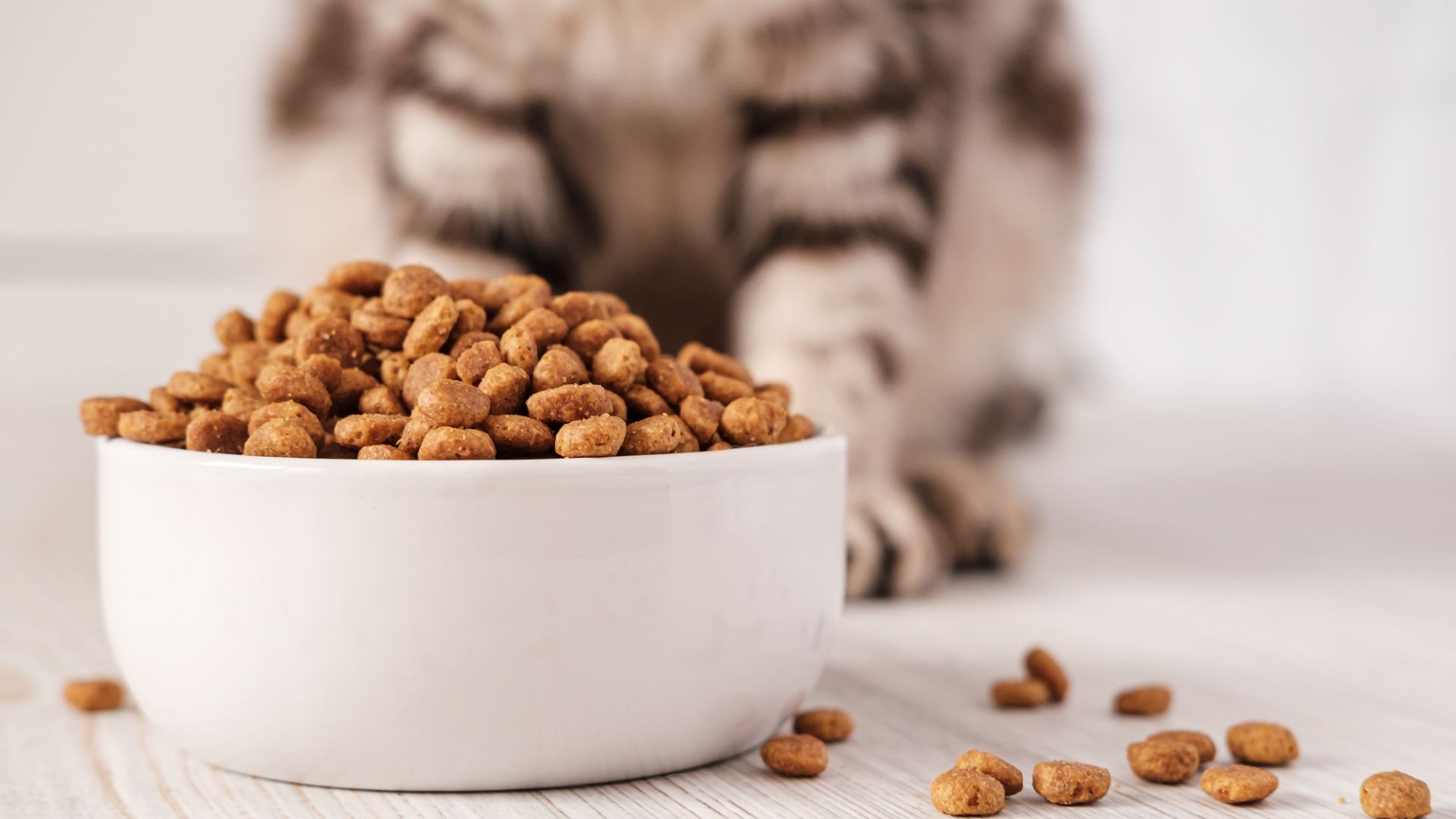
While it might be tempting to let your guinea pig eat other pet food, particularly if they are a companion to a rabbit, even the best rabbit food and other pet foods are unsuitable for guinea pigs.
7. Citrus fruits
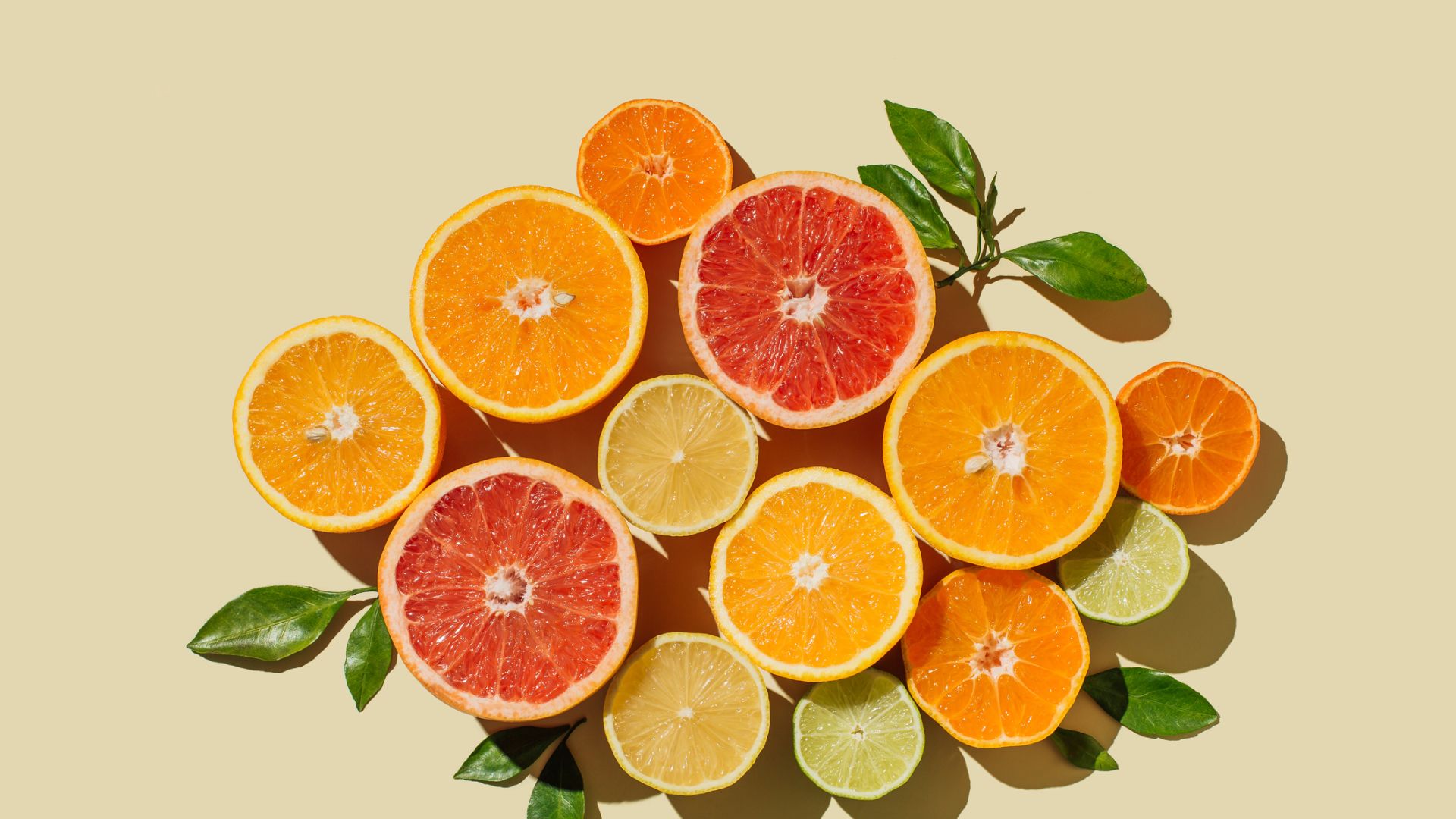
Citrus fruits are highly acidic and can cause digestive issues and mouth sores in guinea pigs. Small amounts of orange may be tolerated, but not often.
8. Museli-style foods
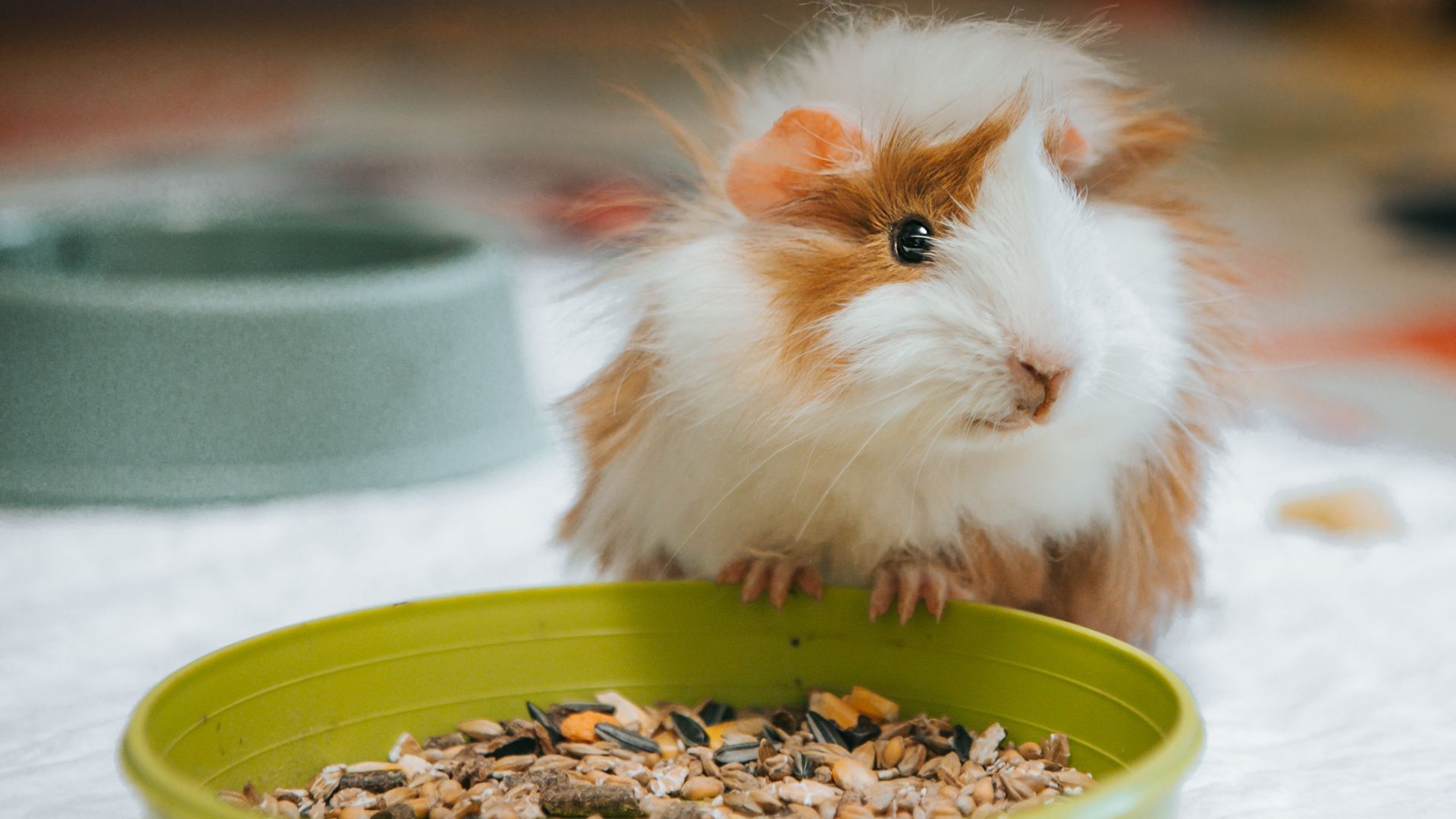
There is a lot of debate about whether muesli-style mixes are suitable for guinea pigs, as they may cause dental and weight issues. They are high in sugar and many people prefer to feed high-quality pellets instead.
9. Poisonous plants

If a plant is poisonous to humans, it is probably poisonous to guinea pigs as well. Plants such as bluebells, buttercups, daffodils and hyacinths are all fatally toxic to guinea pigs (and people). As a rule of thumb, if it grows from a bulb, your pig shouldn't be eating it.
10. Spicy peppers
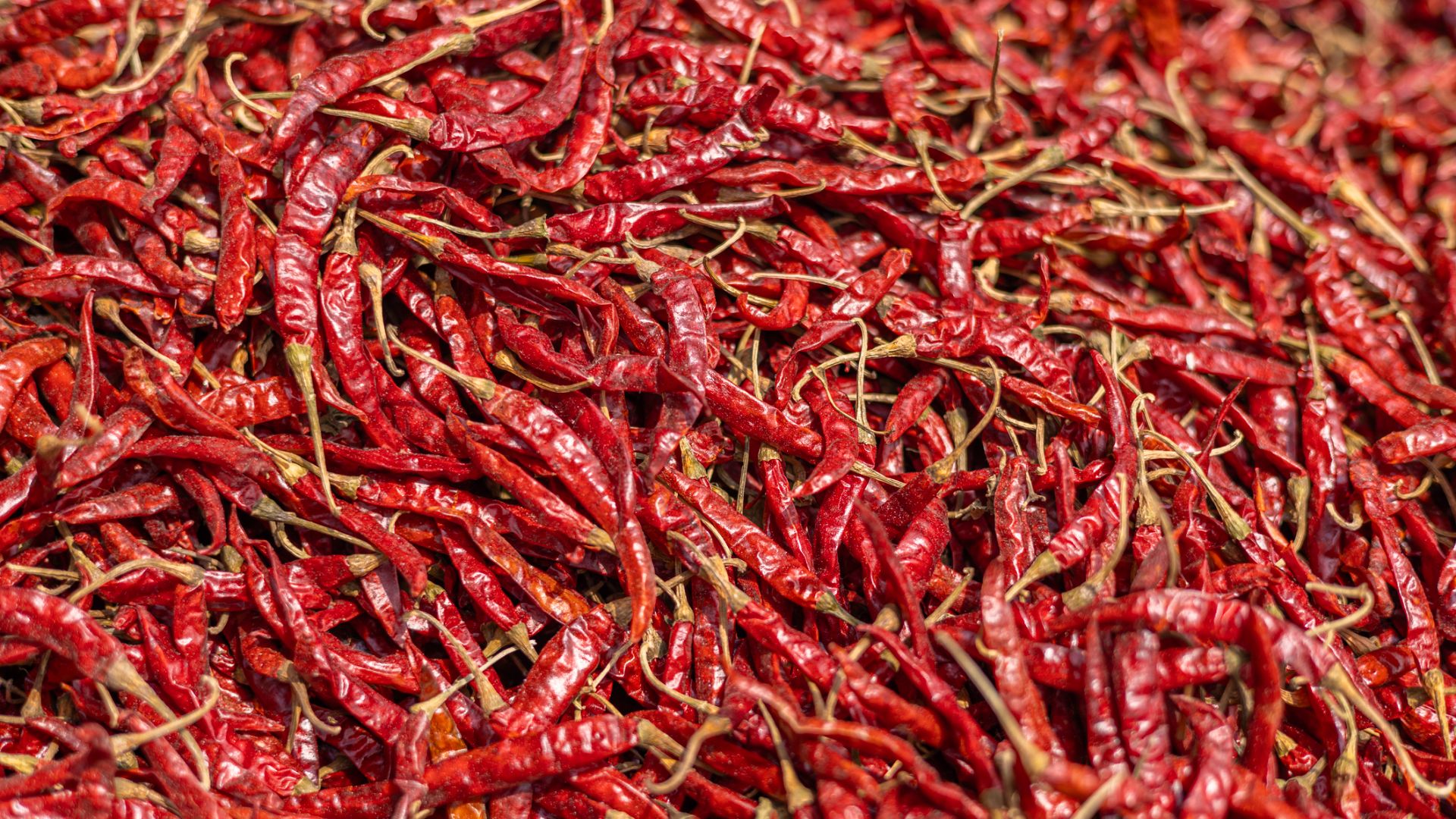
While sweet peppers are fine, spicy peppers can irritate the mouth and digestive system of guinea pigs. Capsaicin, the compound that makes chili peppers and jalapeno so spicy, is an irritant.
11. Mushrooms
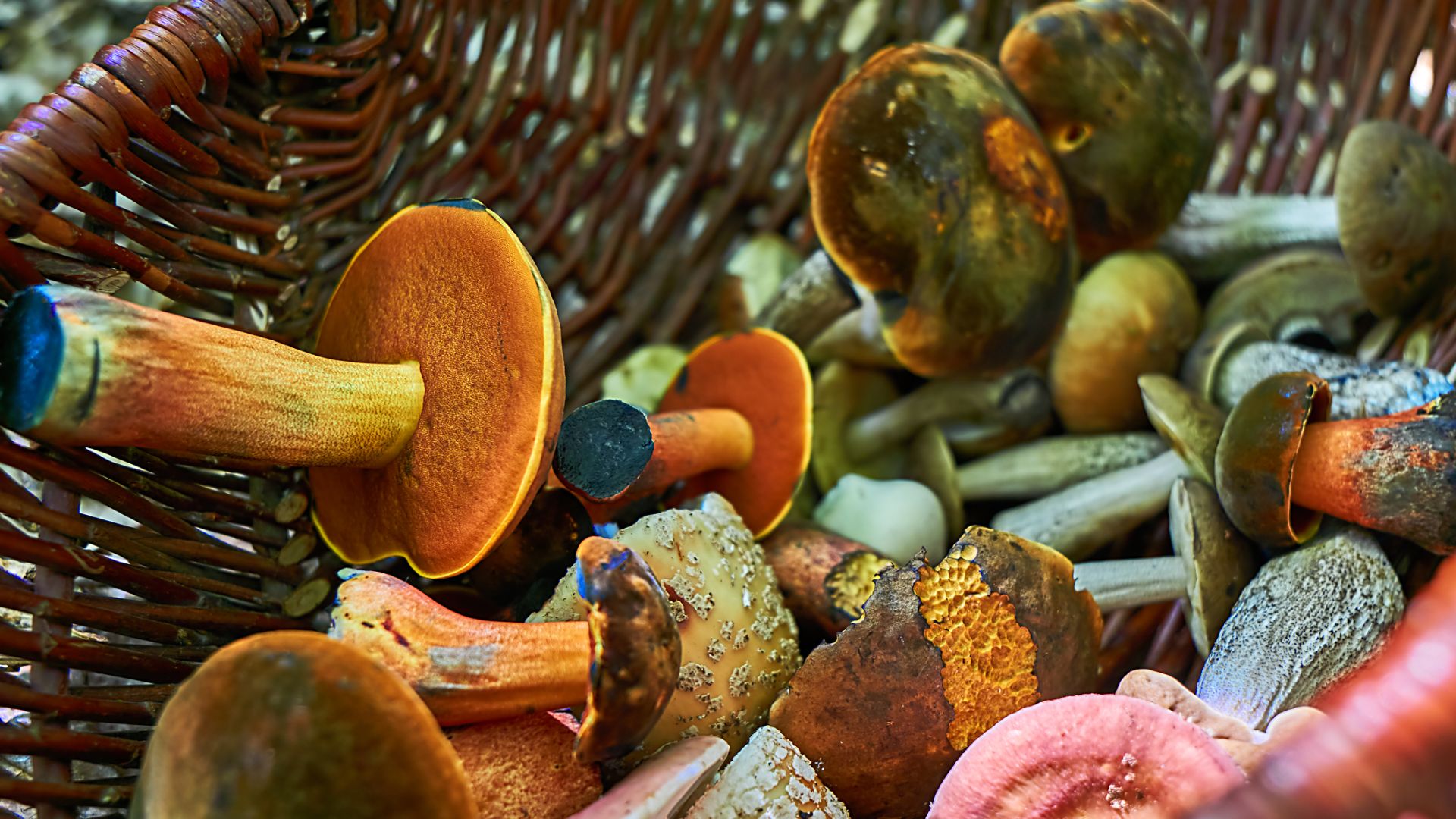
Mushrooms contain little nutritional value for guinea pigs and wild mushrooms can contain toxic compounds that can be fatal.
12. Plant-based meat
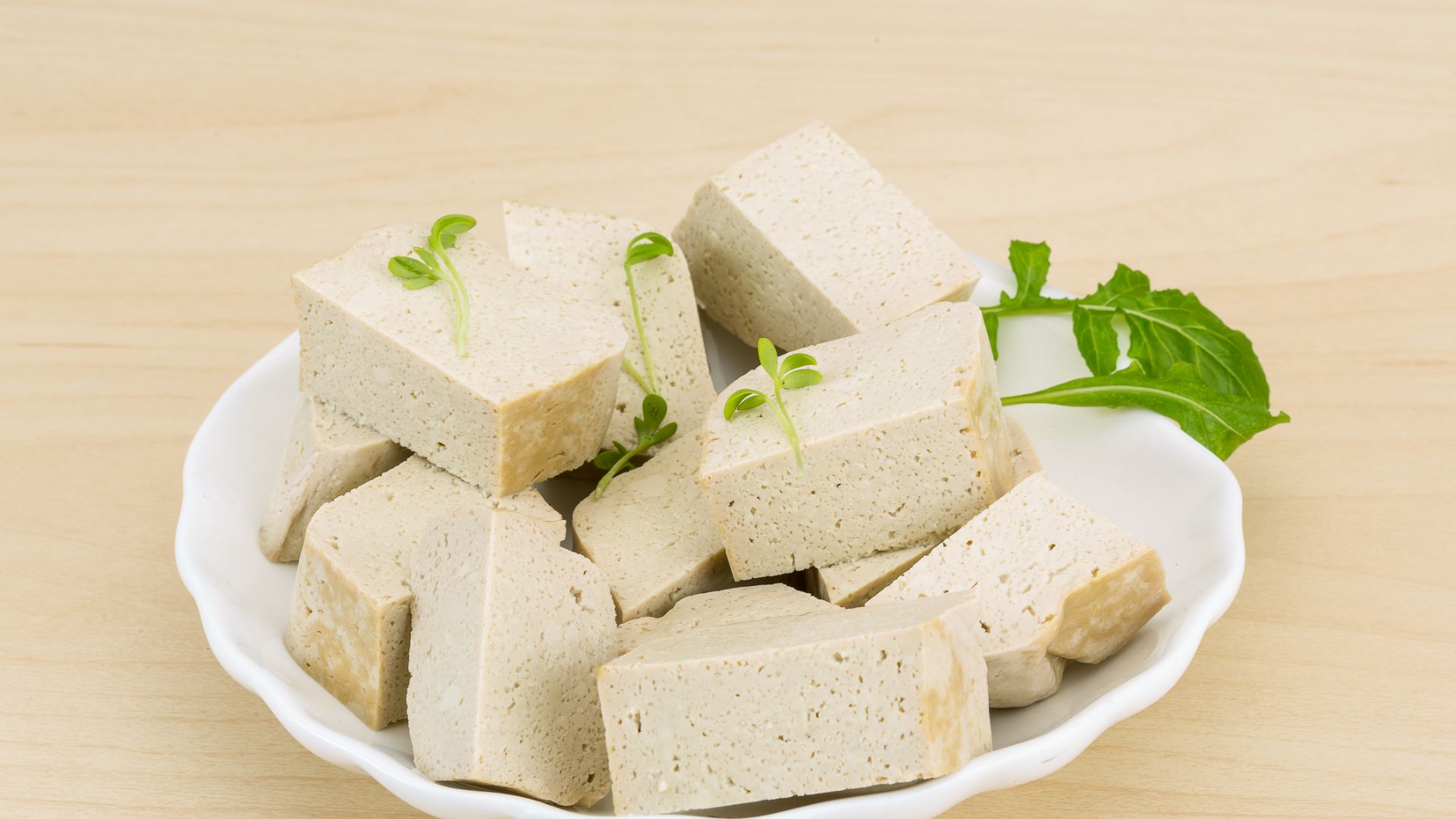
Although guinea pigs are vegetarians, unfortunately, they can't eat meat substitutes. Most meat alternatives, like tofu, are made from beans and pulses, which guinea pigs can't eat either.
13. Rhubarb
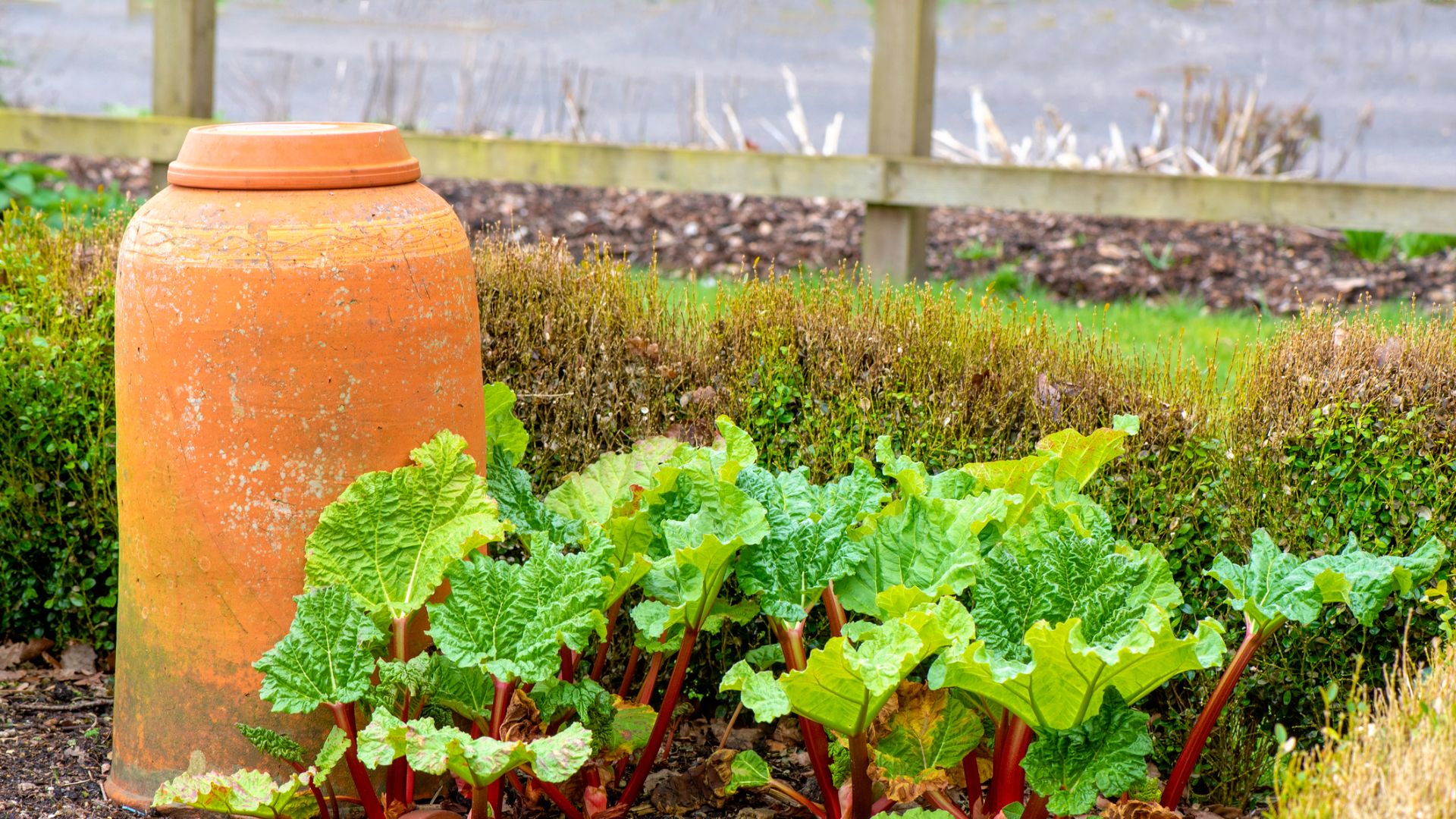
Rhubarb plants contain oxalic acid, which, when it encounters calcium in the guinea pig's system, binds it into bladder stones which can be very painful.
14. Dried peas
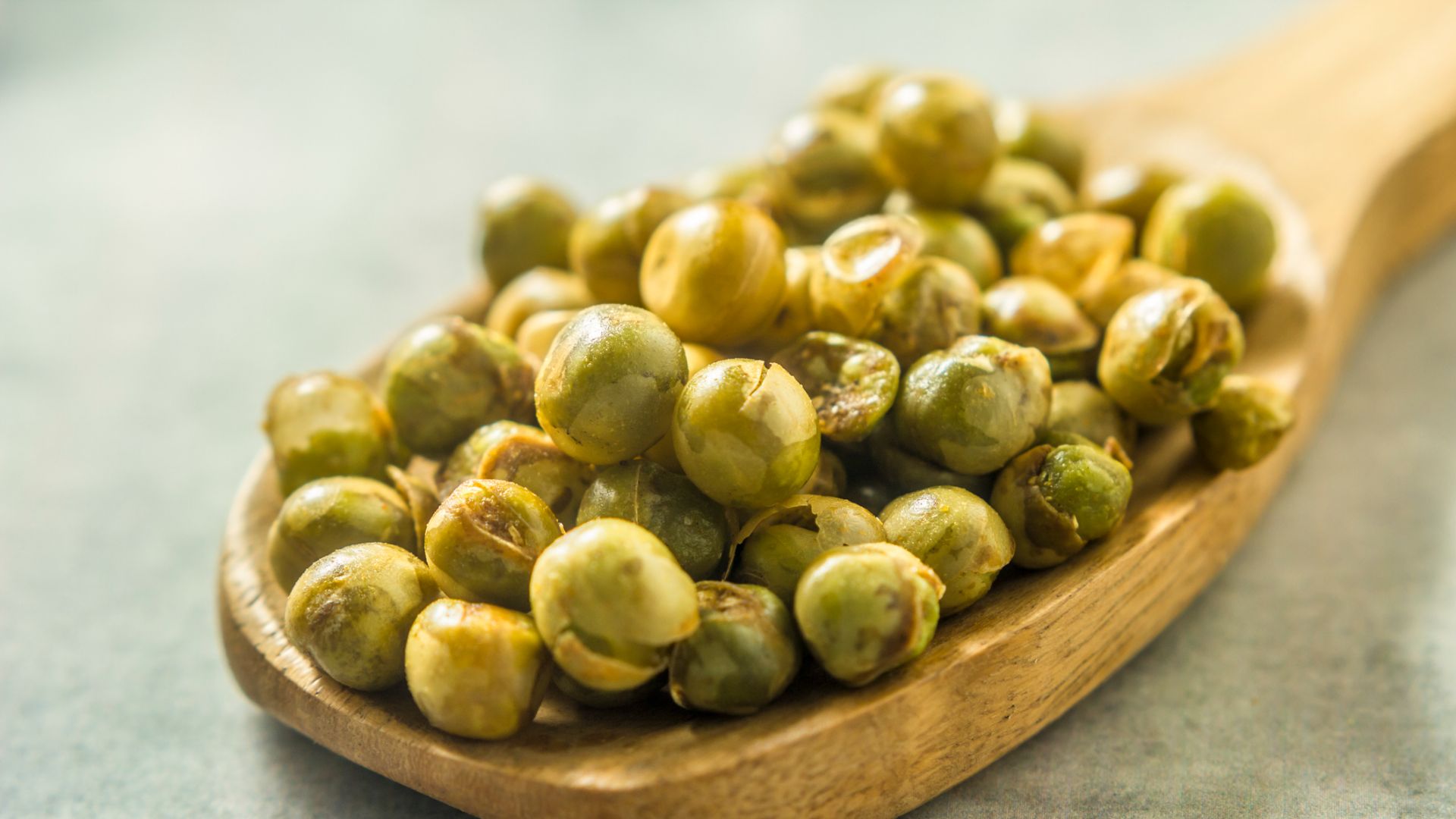
Dried peas are very high in sugar and can cause dental issues and urinary problems for guinea pigs. They are starchy, and an excess of starchy foods can cause obesity in guinea pigs. Some pet shops sell pea flakes, which can be given in moderation, but never as a daily treat.
15. Iceburg lettuce
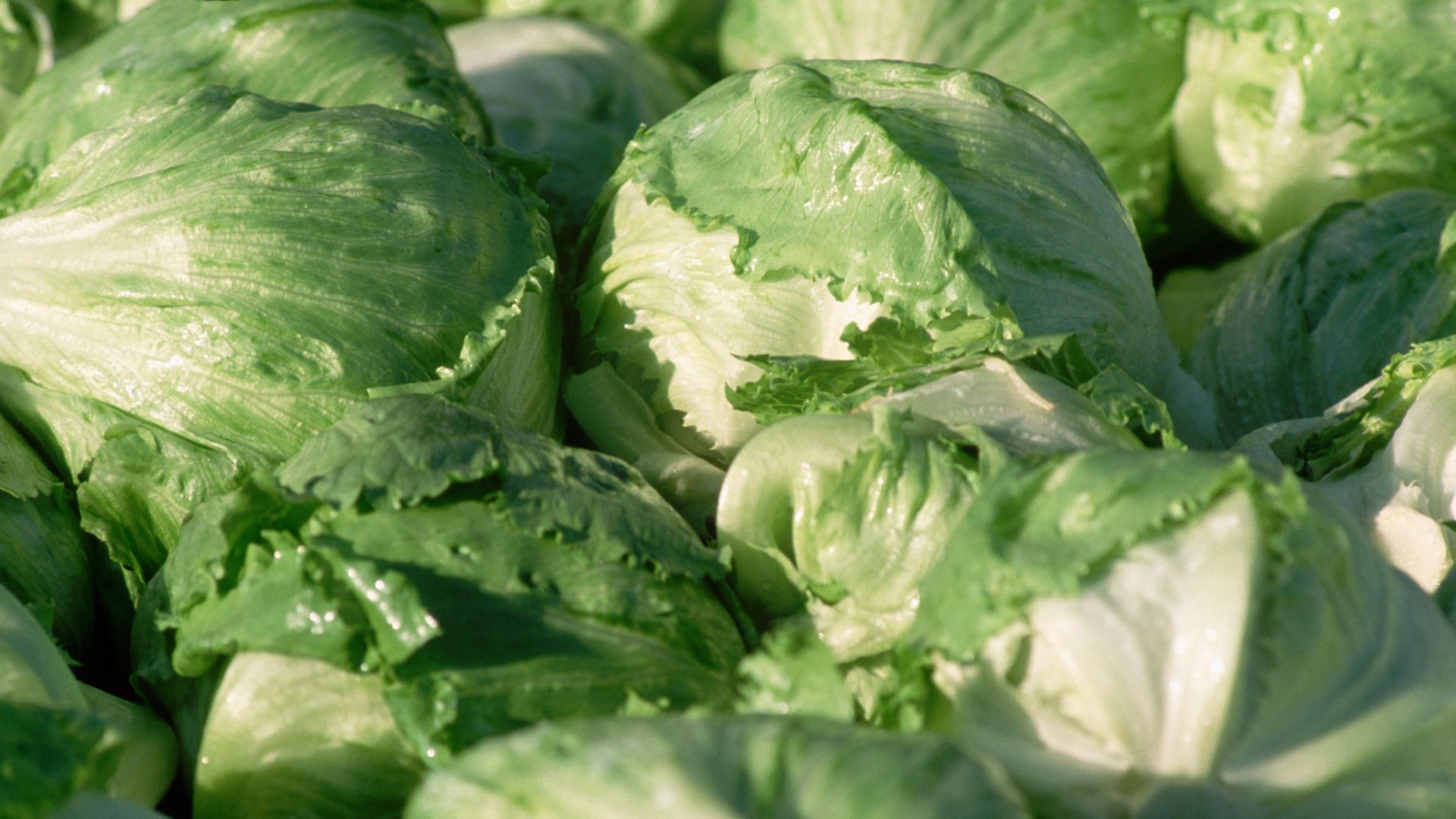
Iceberg lettuce has little nutritional value for guinea pigs and the high water content can cause soft, mushy stools. As guinea pigs produce caecotrophs (round pellets of semi-digested poop that they consume a second time), loose stools can cause further issues.
16. Candy
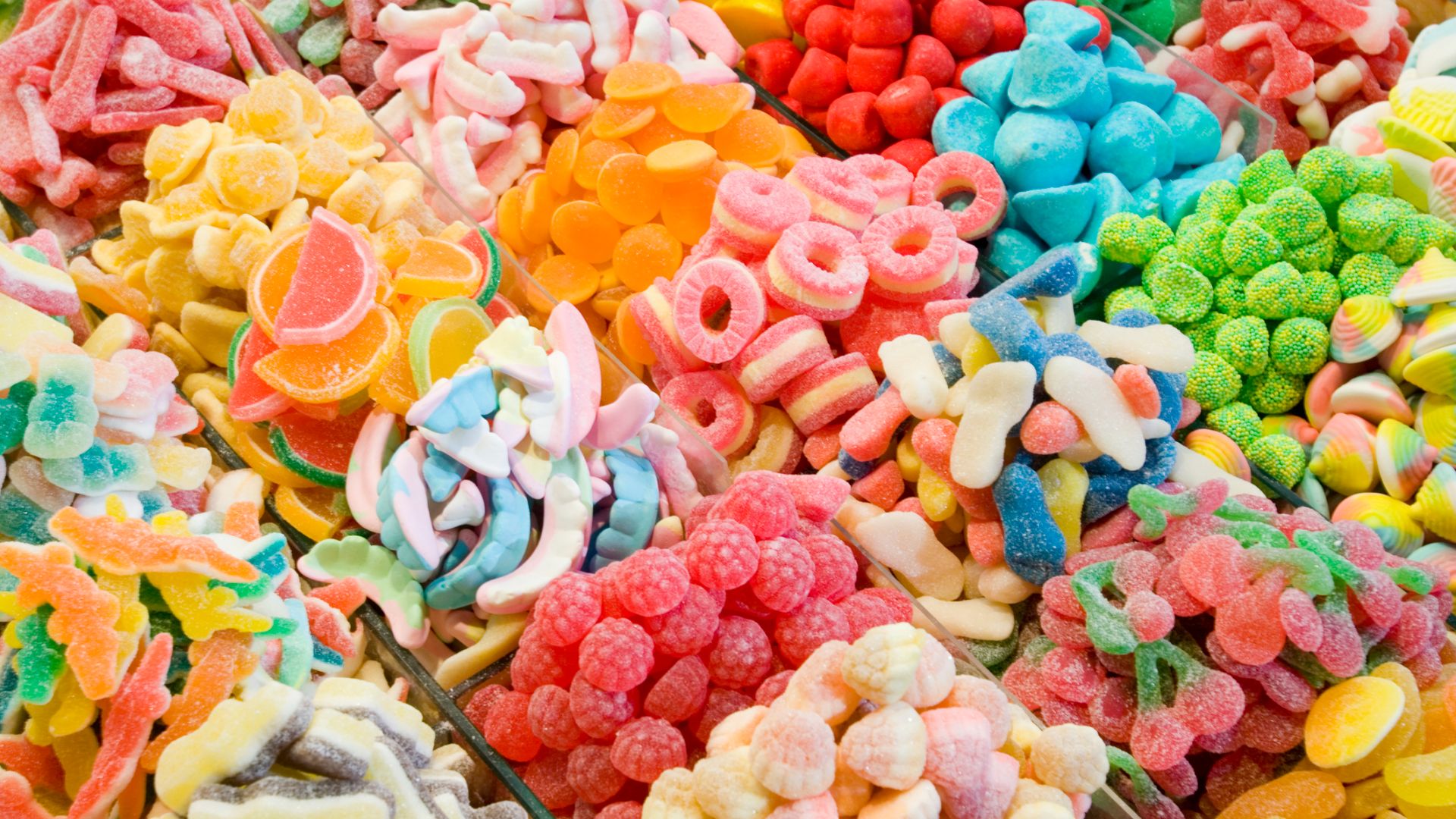
As candy is a sugar-based product it is unsuitable for guinea pigs. The high sugar content is likely to cause dental issues and digestive problems. Plus, there are usually multiple artificial preservatives, colorings and flavorings in candy that could cause other health issues.
17. Cheese
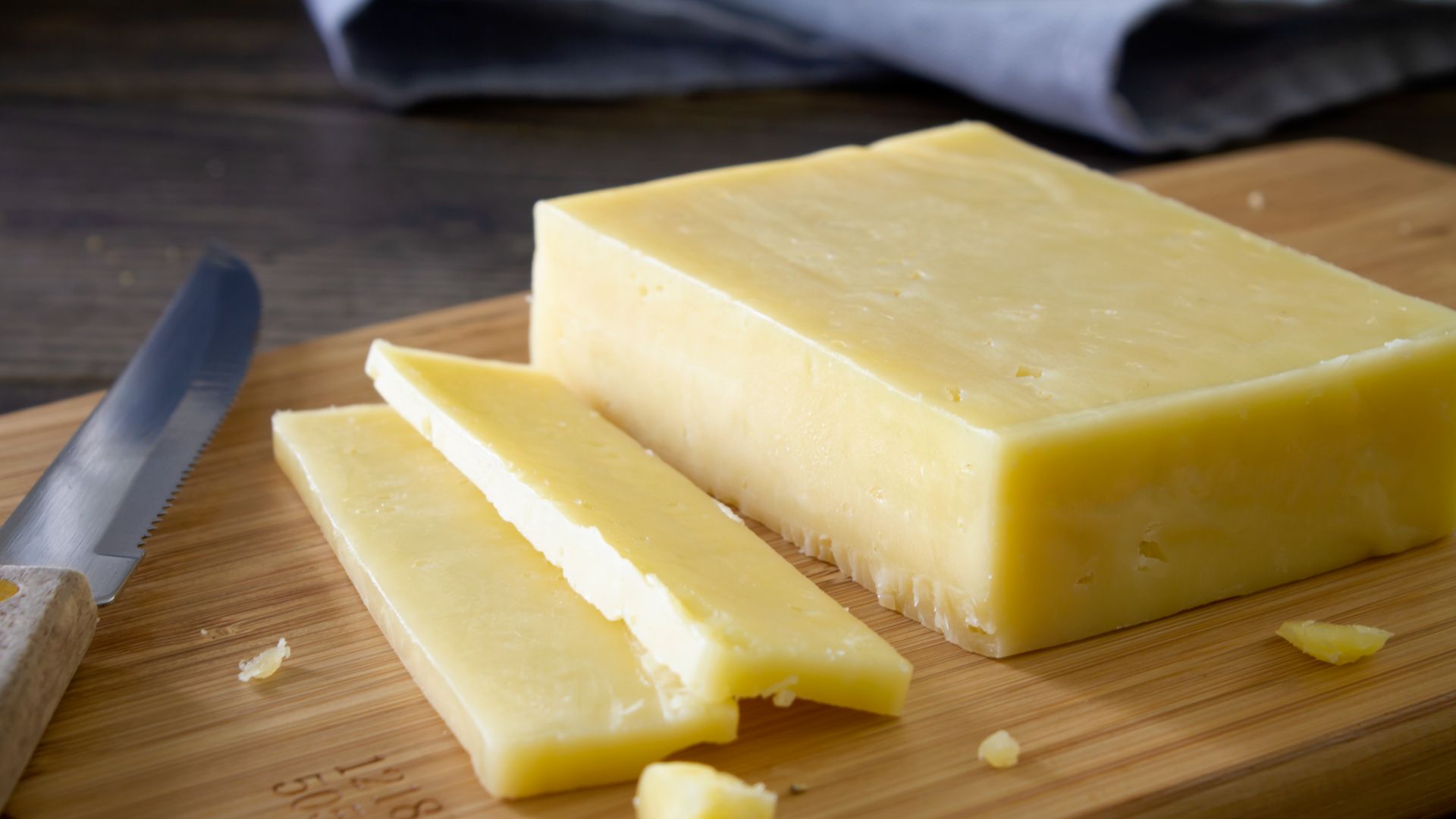
Animal products are a no-no for guinea pigs. Their digestive systems can't handle heavily processed human food in general, and high-protein foods like cheese can cause digestive upset. Guinea pig digestive systems don't have the enzymes needed to digest things like meat and dairy.
18. Garlic
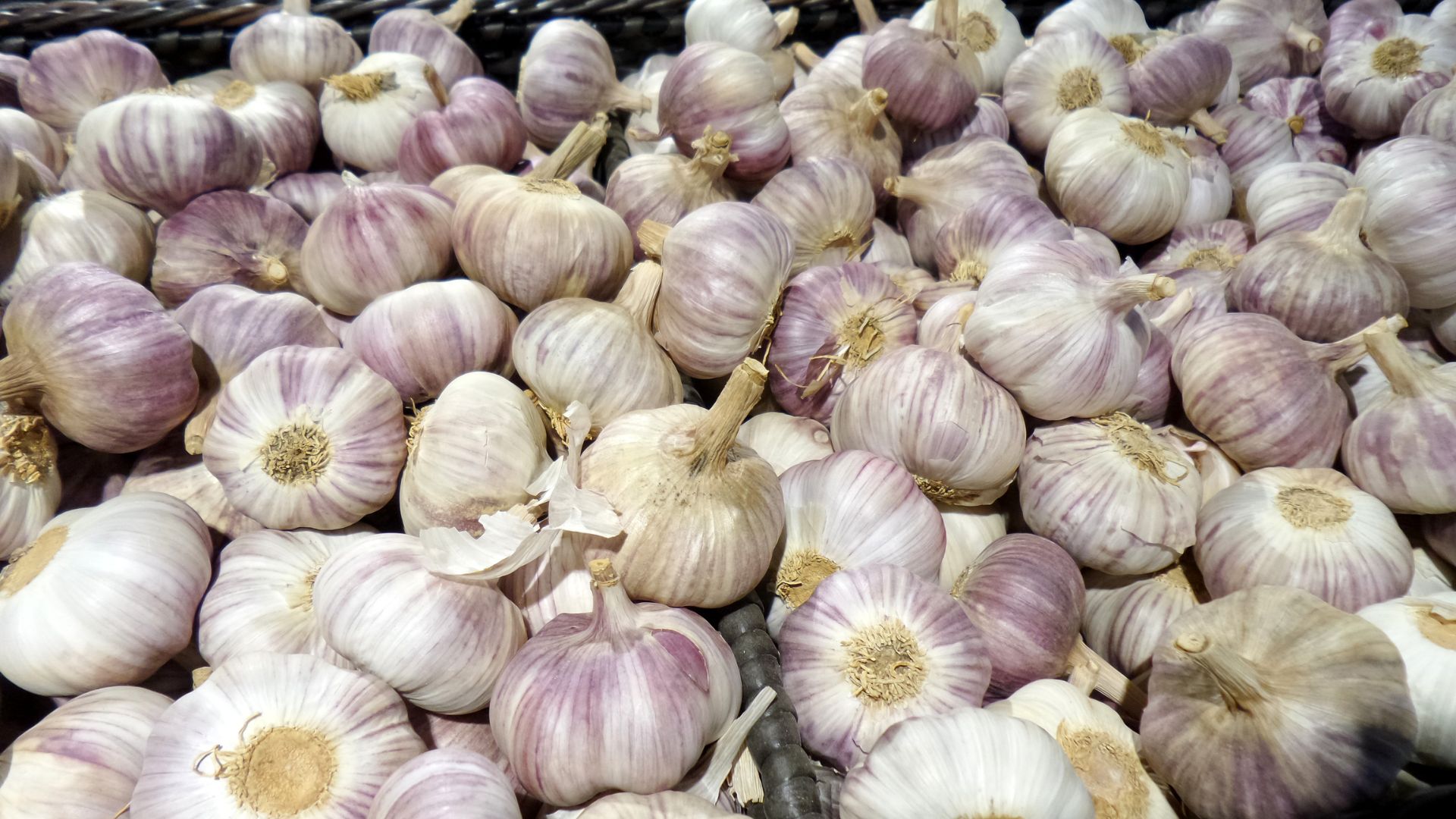
Garlic is a bulb, and therefore unsuitable for your guinea pig. It is high in oxalates, which can cause urinary issues, and as a general rule, members of the allium family (onions, chives, garlic) should be avoided for this reason.
19. Tomato vines and leaves
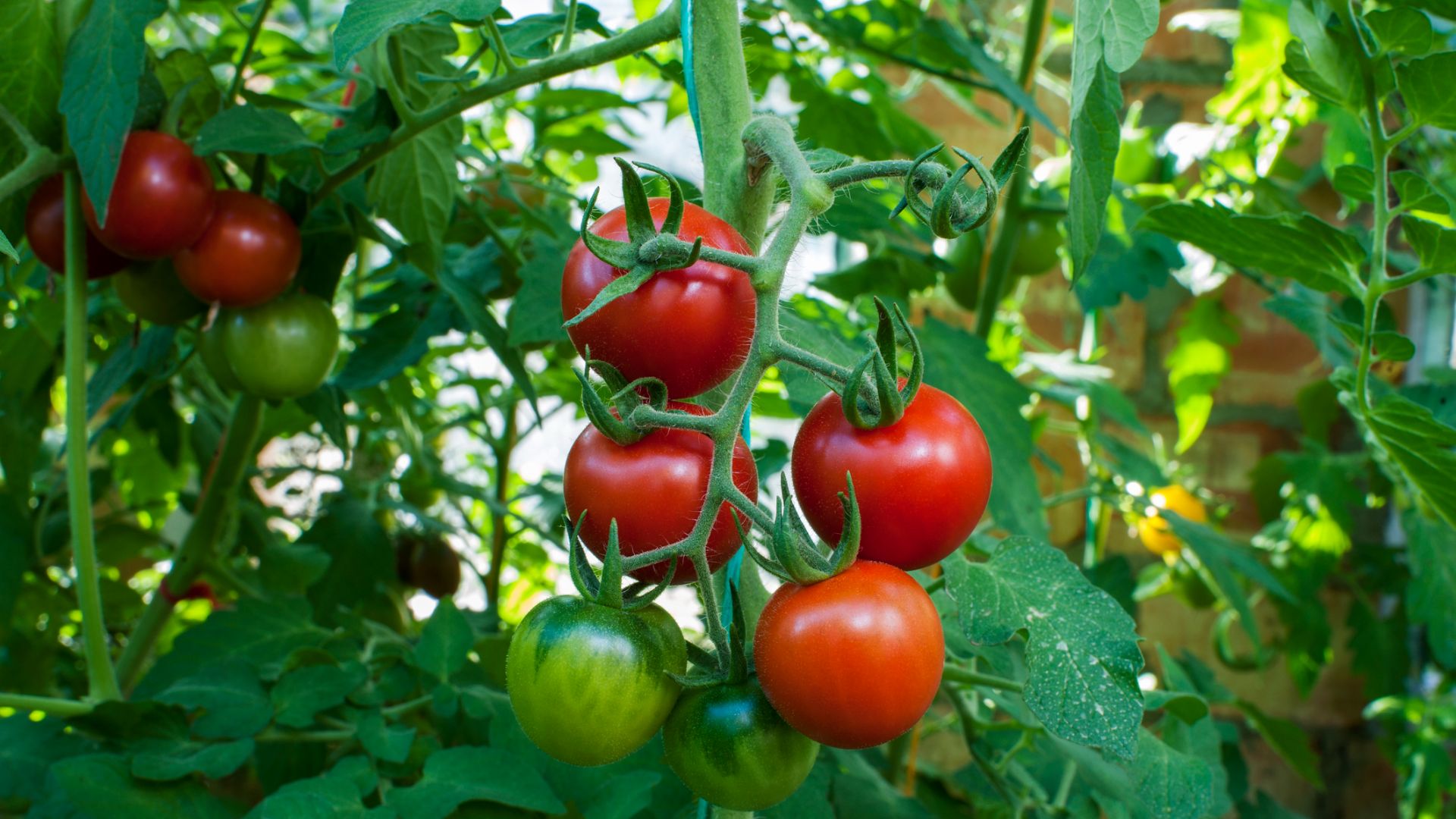
Tomatoes are part of the nightshade family, along with peppers, eggplants and tomatoes, and the leaves and stems of these plants are toxic to guinea pigs. While they can have small pieces of tomato fruit, dispose of your tomato plants far away from your guinea pigs once their season is over.
20. Milk
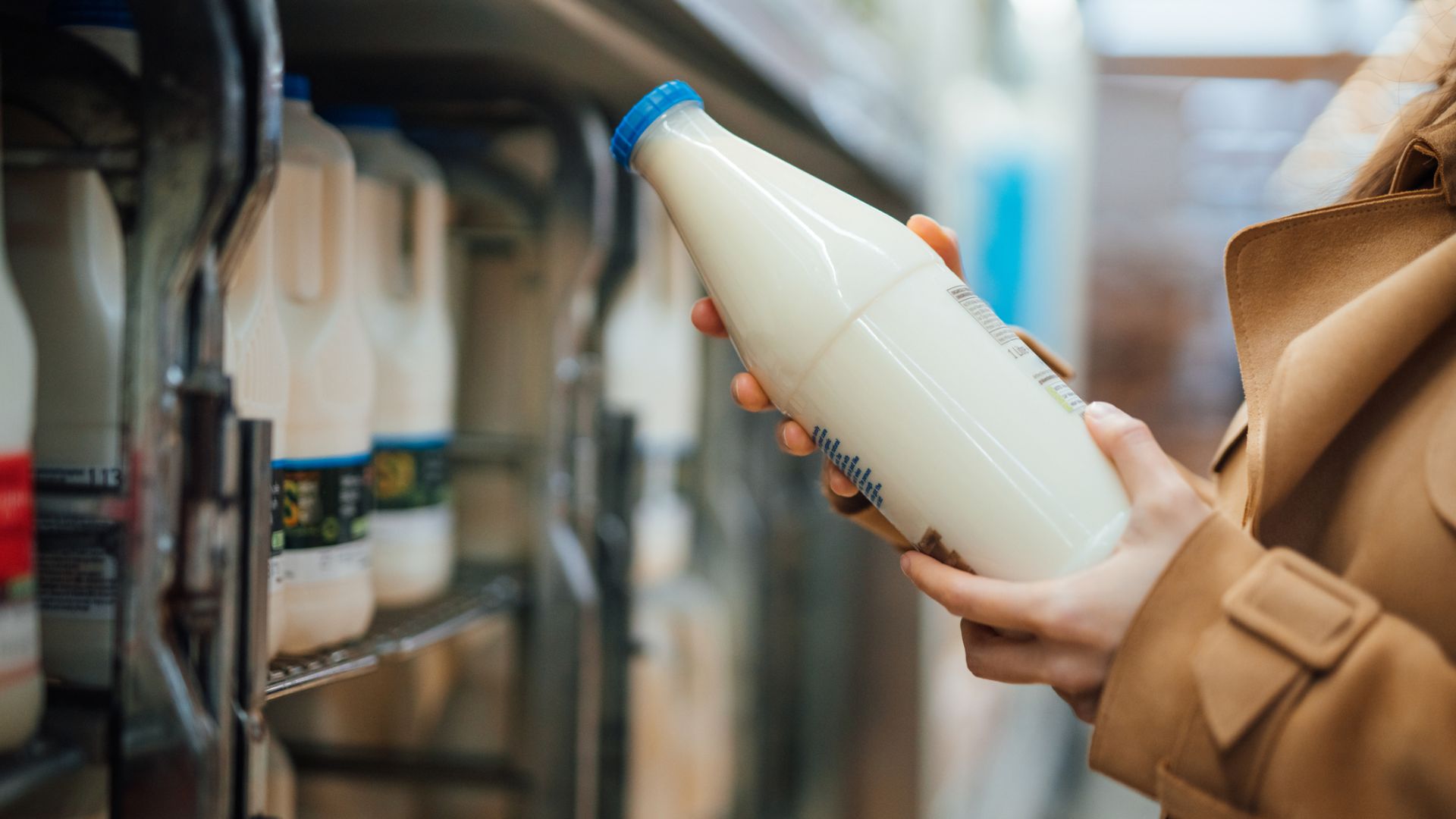
As with cheese, milk is completely unsuitable for guinea pigs. Animal proteins, fats and sugars in cow milk and goat's milk are difficult for guinea pigs to digest and likely to cause stomach upset.
21. Potatoes
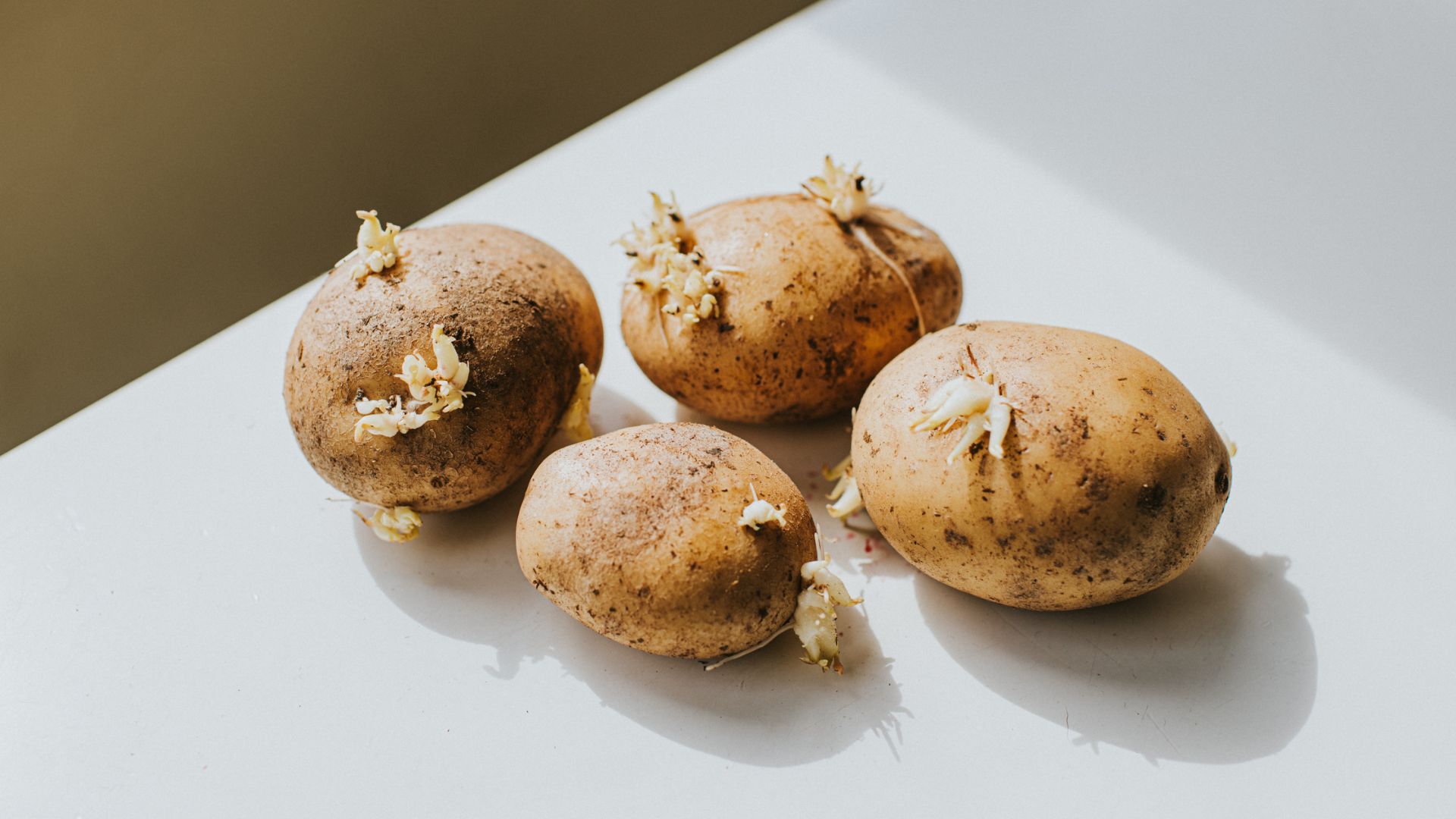
Potatoes are a member of the nightshade family cultivated to produce large, starchy tubers. These powerhouses are packed full of nutrients and calories for people but also contain an alkaloid called solanine that makes them toxic to some small animals.
22. Onions
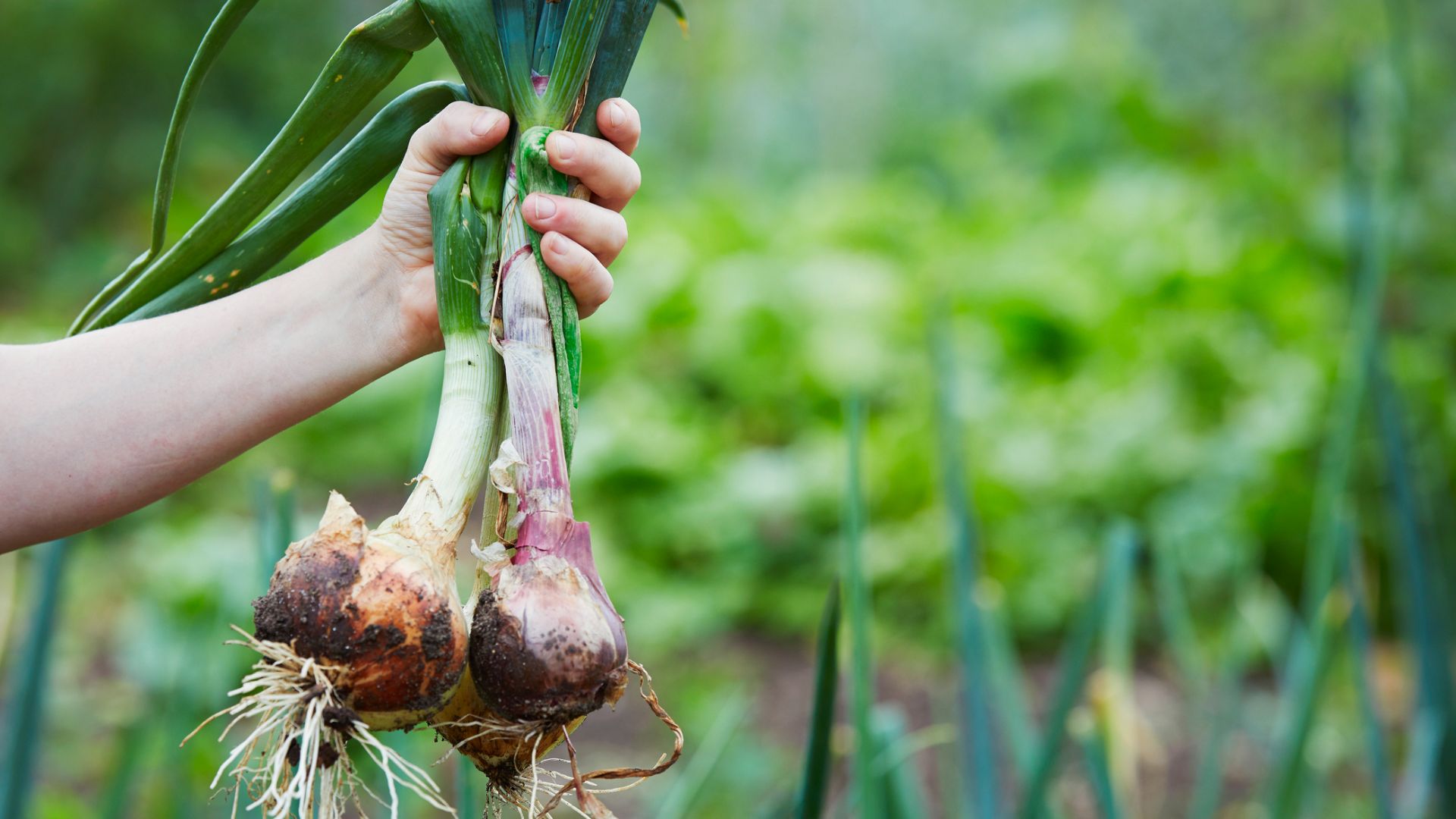
Another allium, onions are unsuitable to feed guinea pigs. Growing onions tends to leave a lot of green waste, but you must not under any circumstances feed these greens to your pigs, as it will cause them health issues.
23. Leeks
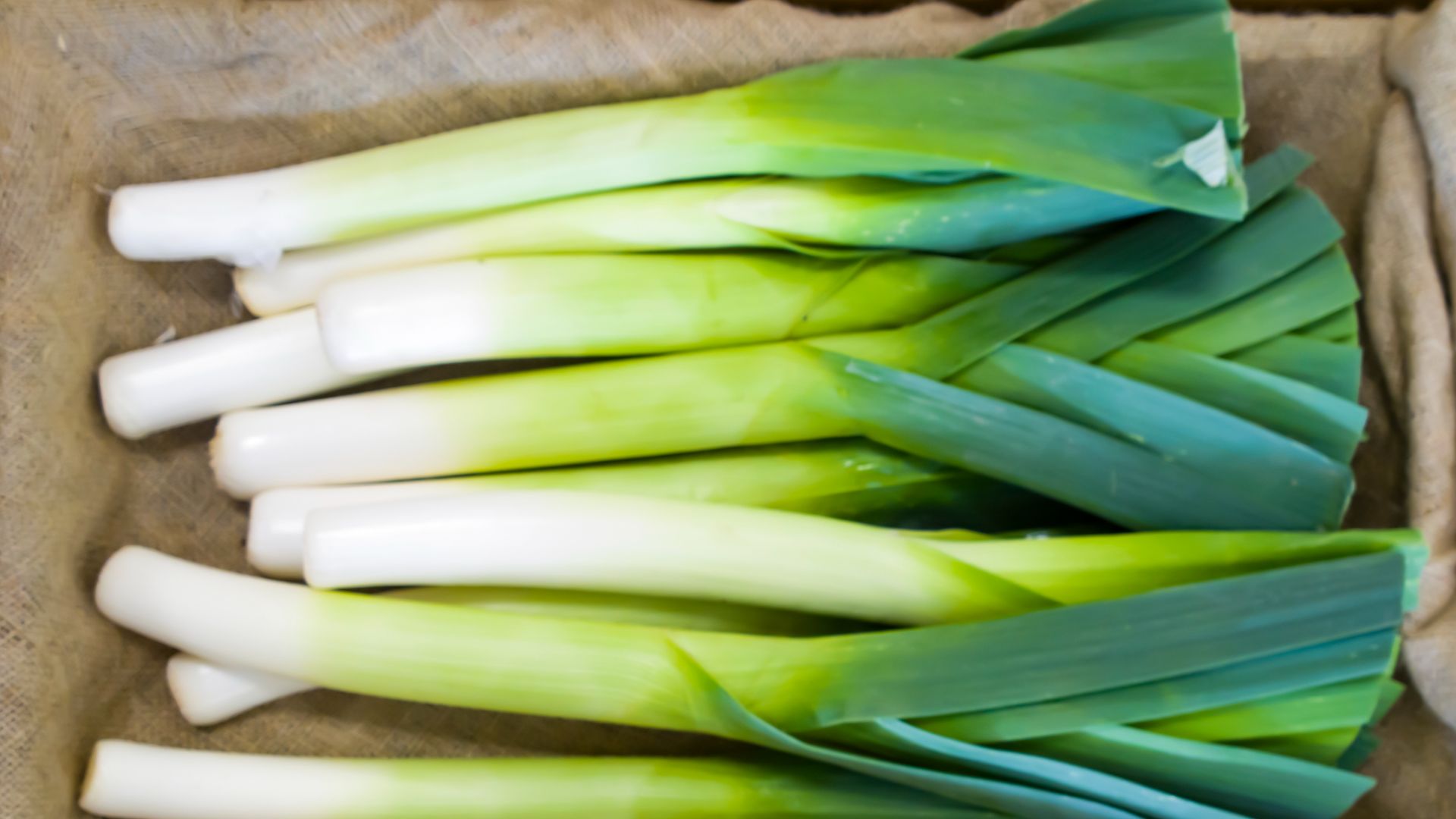
Leeks are high in sulfides, as are all other members of the allium family (this is actually why these vegetables are so pungent and can give you lingering bad breath). Sulfides cause digestive upset for guinea pigs.
24. Cereal
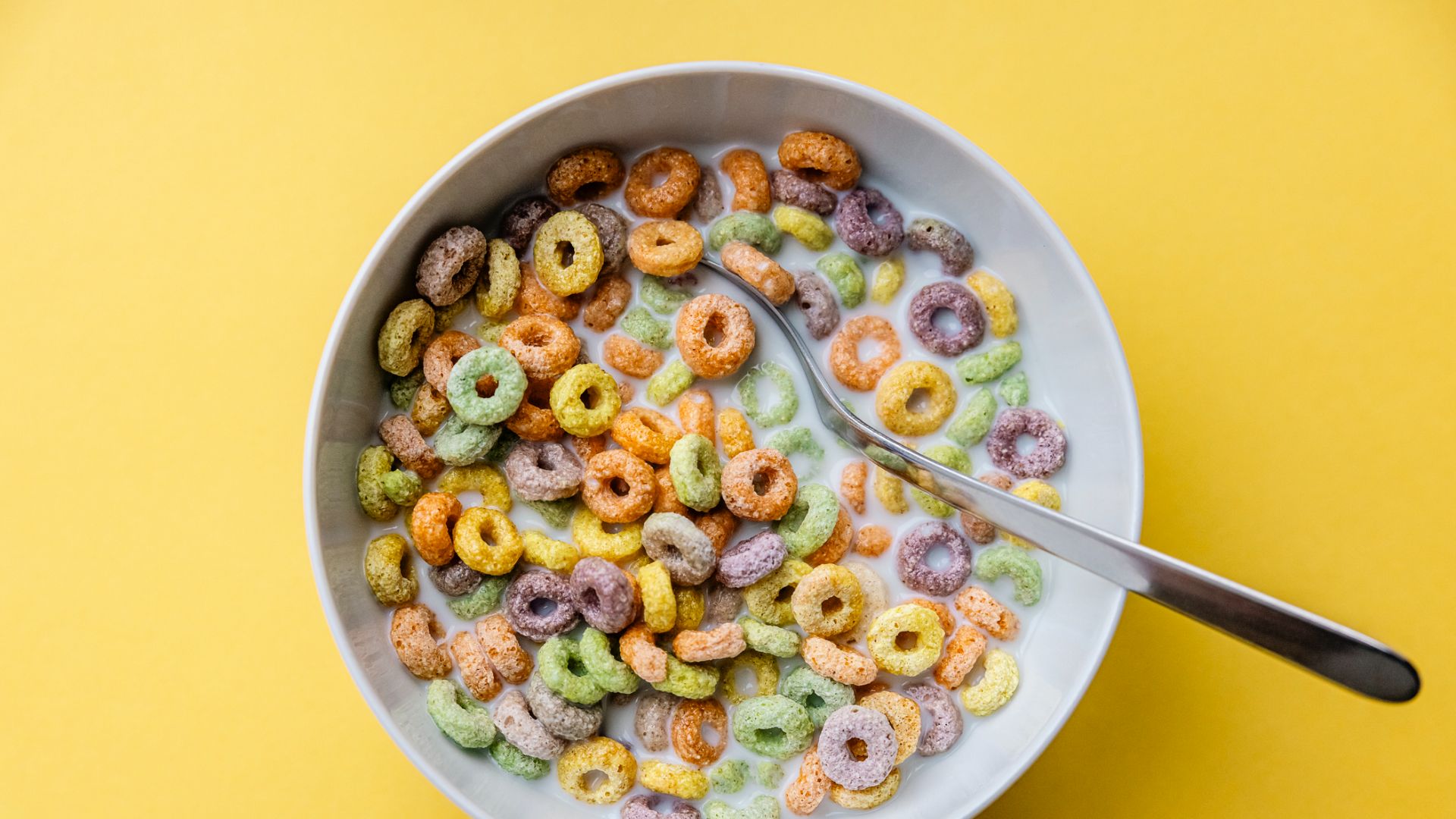
Cereals are high in starch and guinea pig digestive systems are not built to digest heavily processed grains. Even though many grains are cultivated grasses, they are too different to be suitable for a healthy guinea pig: even raw rye, maize and wheat are undigestible.
25. Dried fruit
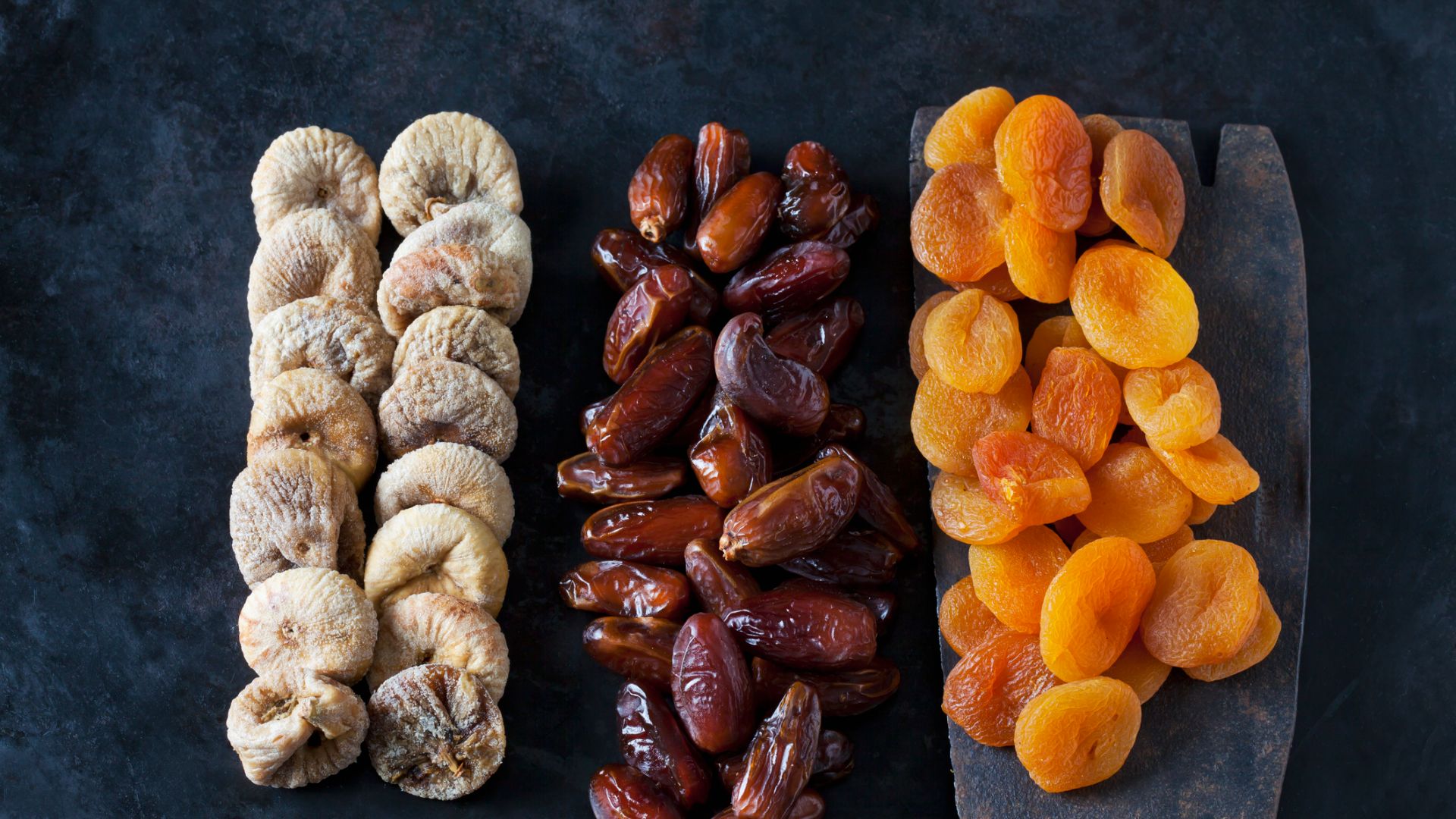
Dried fruit is very high in sugar and can cause dental issues and obesity in guinea pigs. Considering how sparingly fresh fruit can be given to guinea pigs (it should make up under 5% of their diet) and that dried fruit has an inflated sugar content due to the drying process, you can see why it isn't on the menu.
26. Spoiled foods
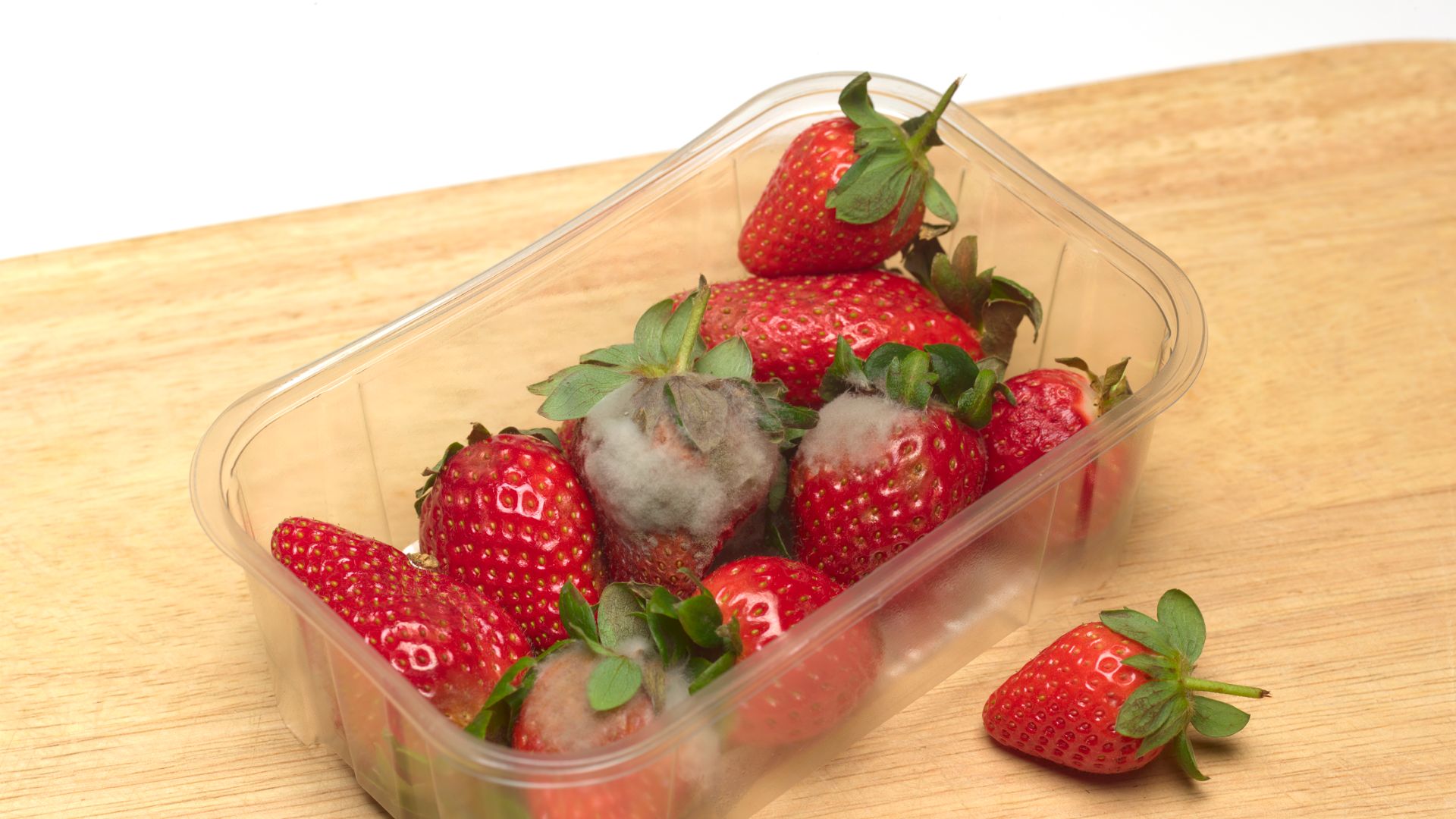
This one may seem obvious, but people often think that guinea pigs can be used as food waste bins. This is not true. Moldy food or food that is past its best can make your guinea pig ill, even if it is usually a favorite.
27. Mature corn cobs
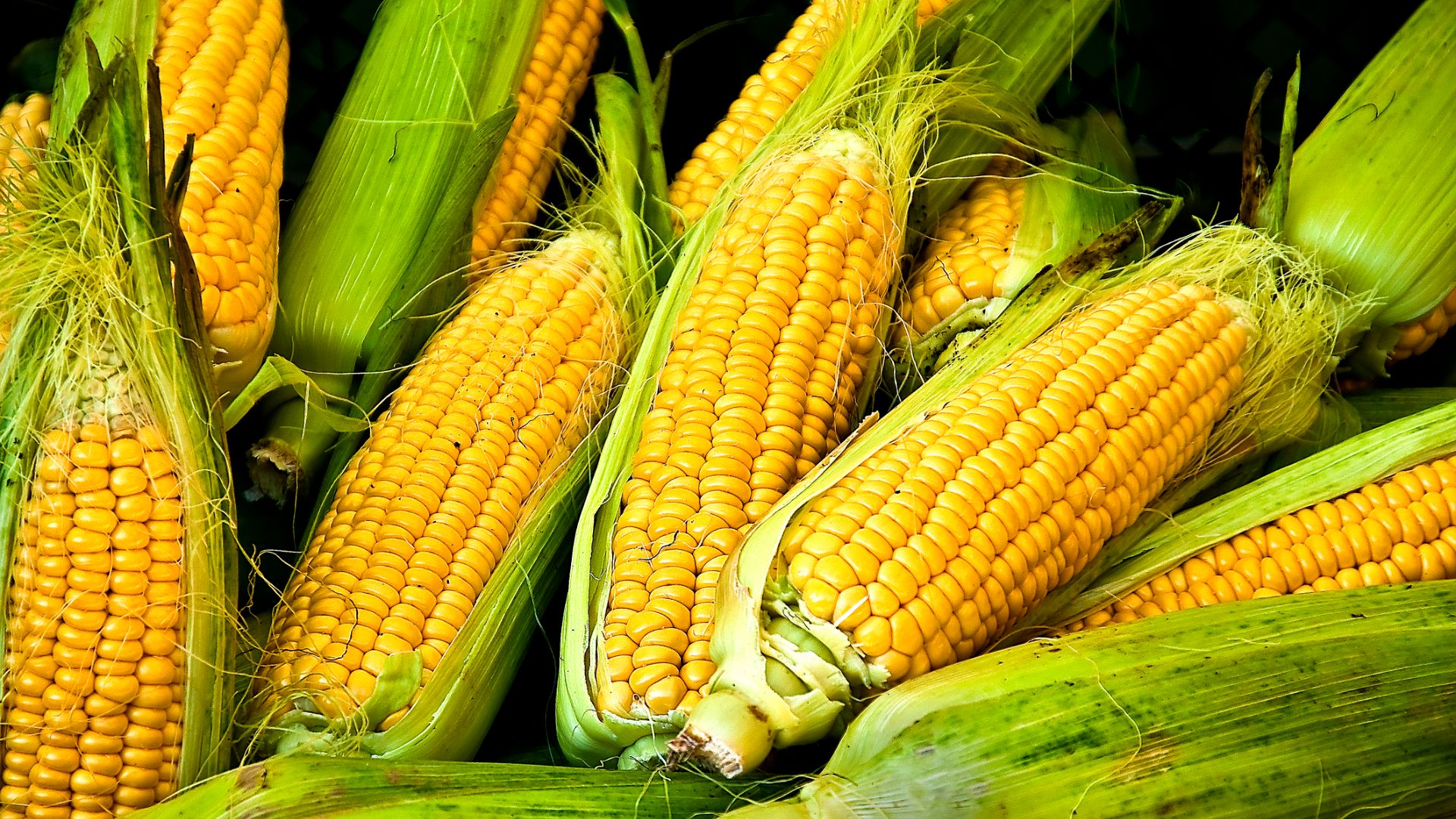
Mature corn cobs are incredibly starchy and unsuitable for guinea pigs. Baby corn (unpollinated corn cobs) and the silks or husks can be fed intermittently, but often there are better things you could be feeding your guinea pig instead.
28. Bread
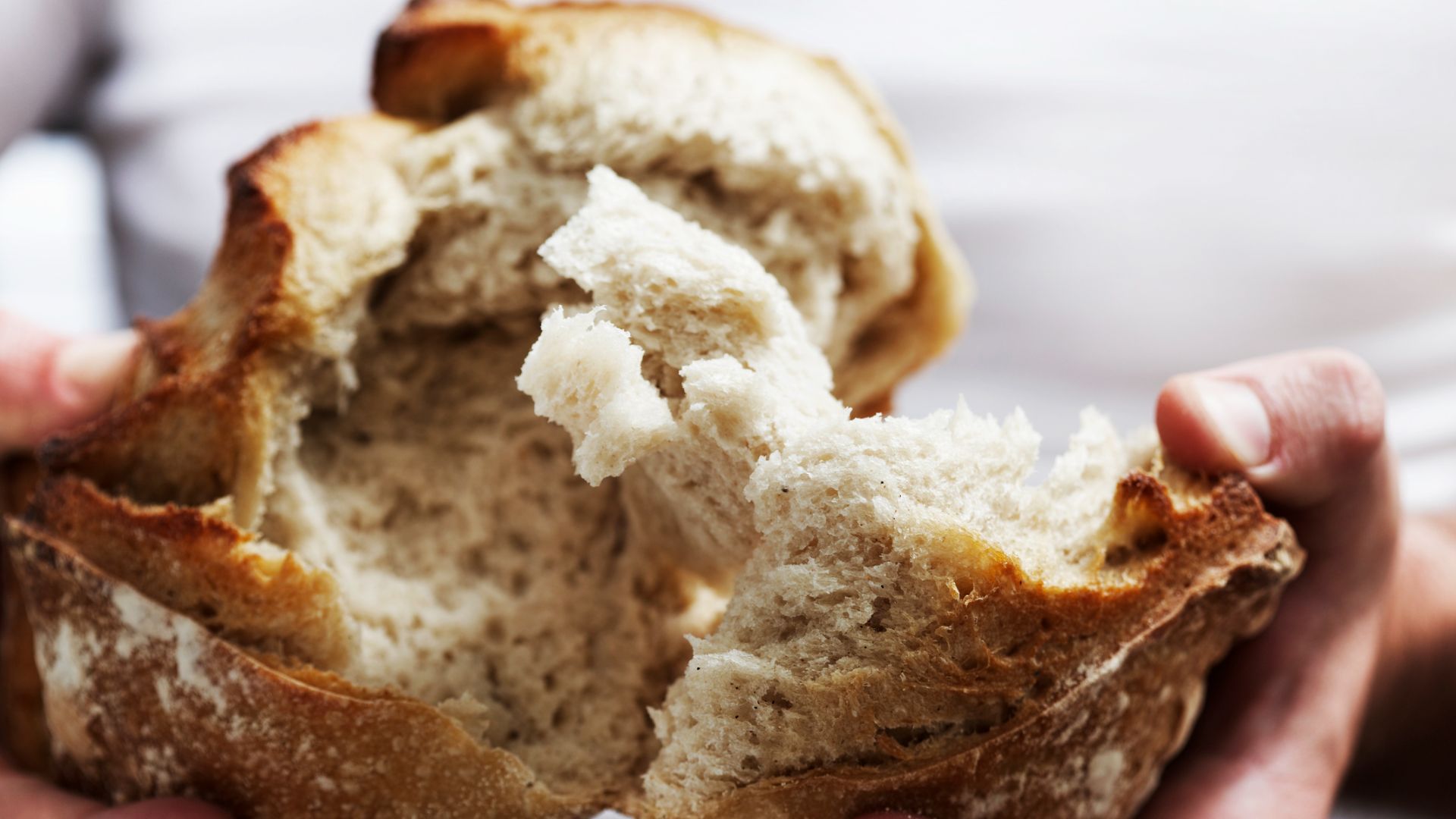
Bread is a grain product, so unsuitable for that reason, and is also heavily processed and high in carbohydrates. The yeast and salt in bread might also cause health issues and regular consumption of high-starch products like bread is a one-way ticket to guinea pig obesity.
29. Eggs
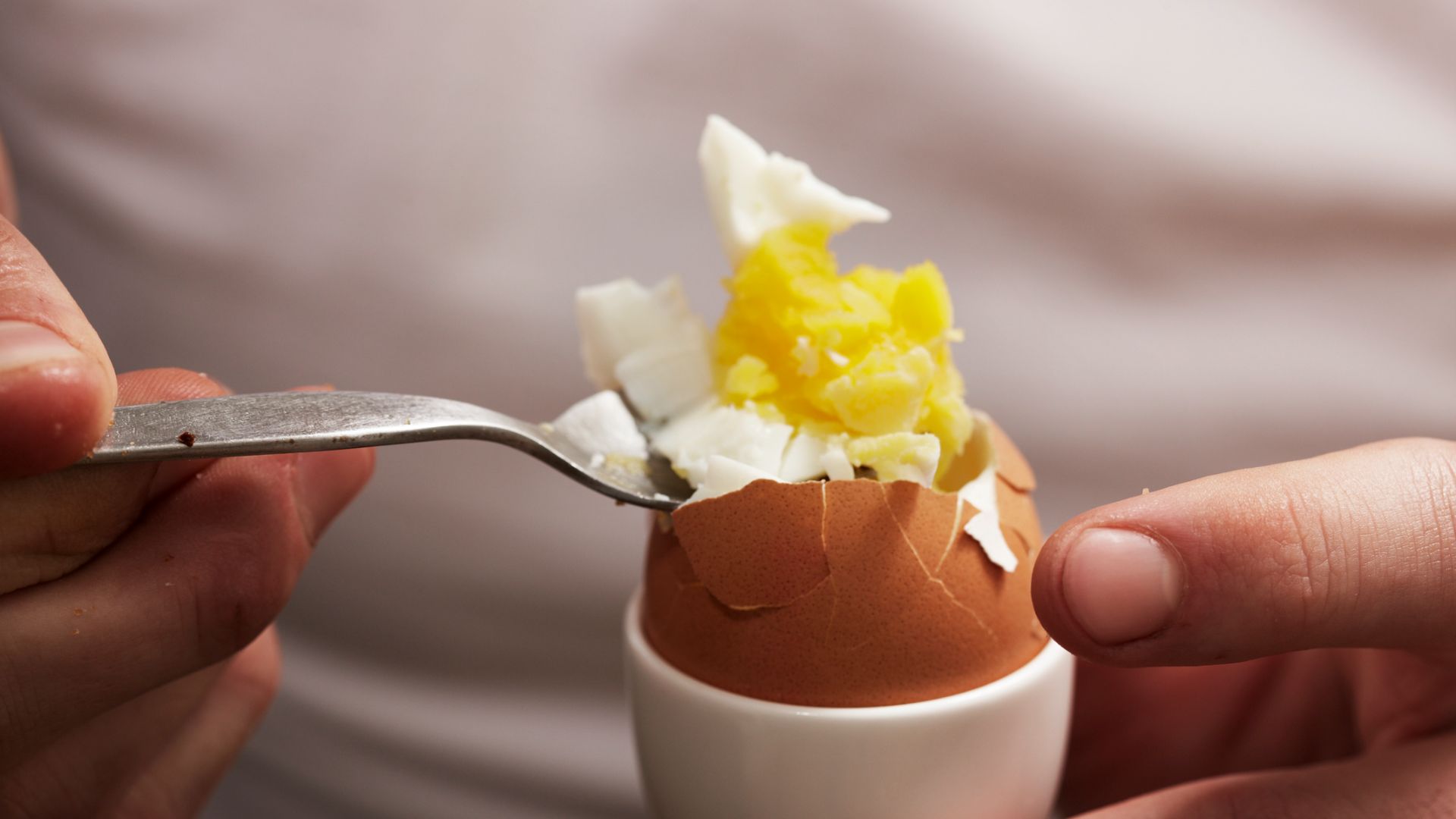
Similar to dairy, eggs contain proteins that guinea pigs aren't set up to digest. They are herbivores, and you must remember this when choosing snacks for them.
30. Dried beans
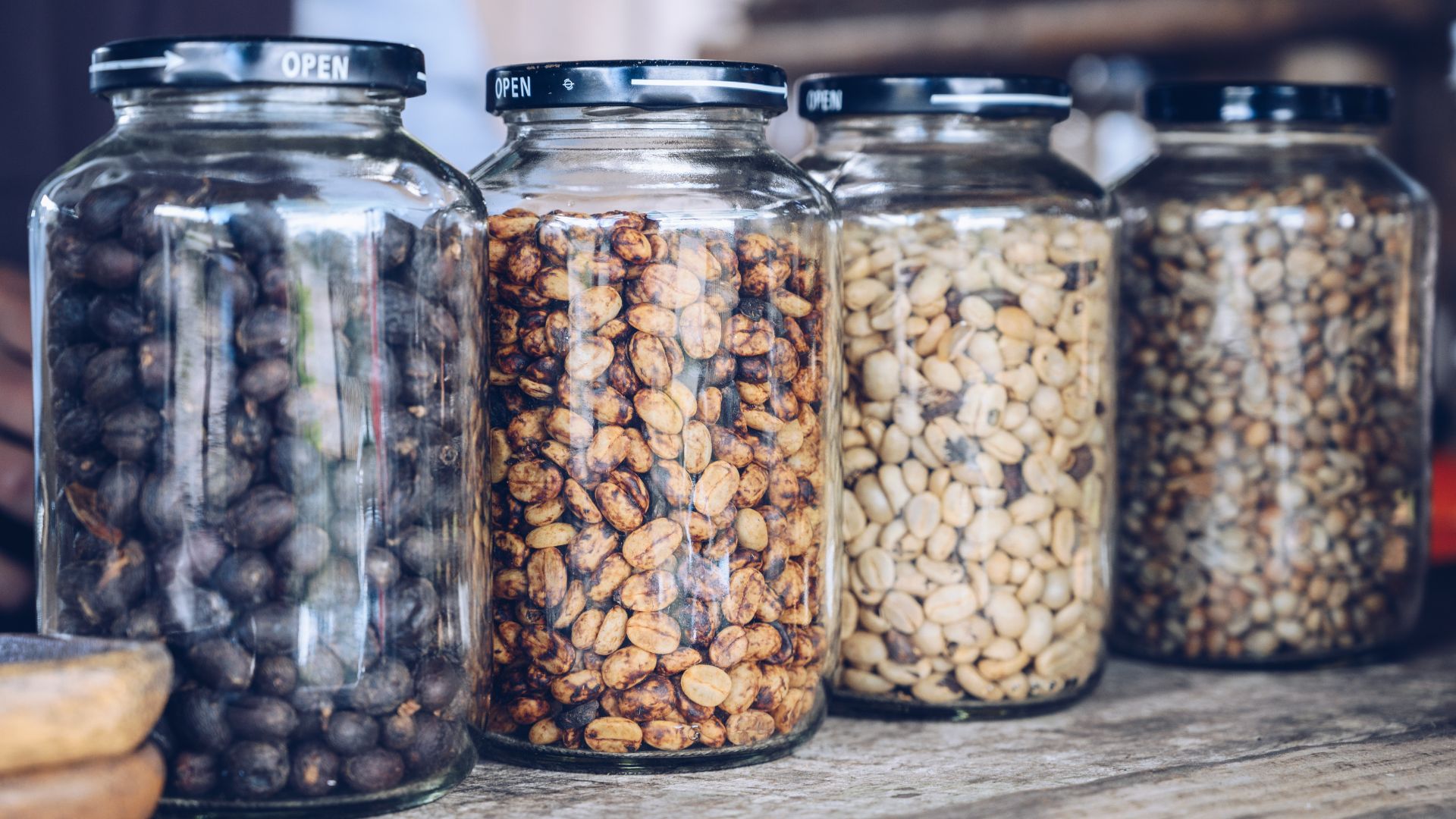
Dried beans are starchy and high in protein, making them unsuitable for guinea pigs. They can eat green beans as a treat and small amounts of bean sprouts can be slowly introduced into your pig's diet. Be aware that beans are often high in oxalic acid.
31. Meat
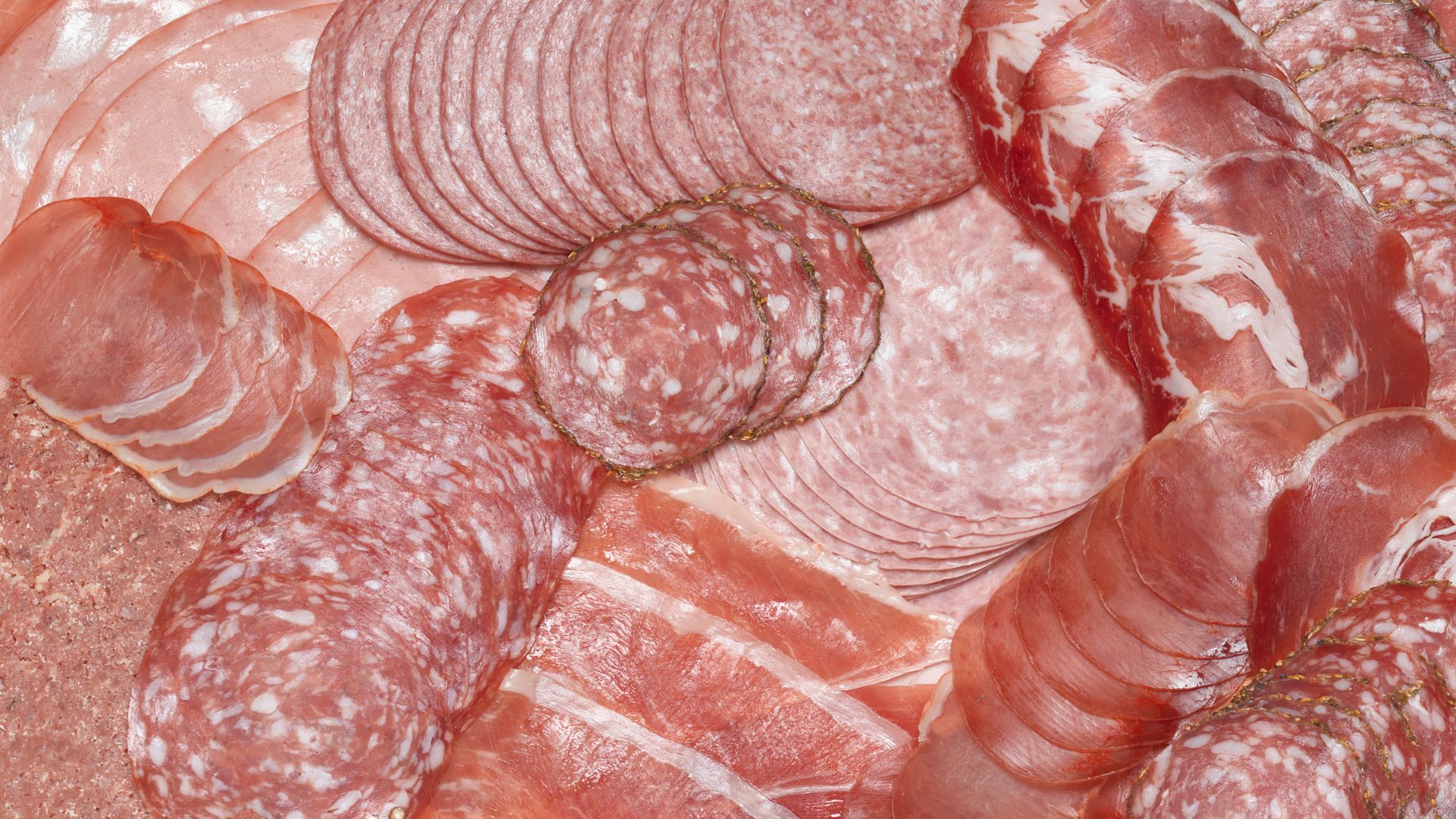
Guinea pigs are sworn vegans and their little gut microbiome is totally unequipped to deal with animal products. They are native to the mountains, forests and grasslands of South America and aren't really built to take down prey, so you should stick to their natural diet of veggies.
32. Dried seeds
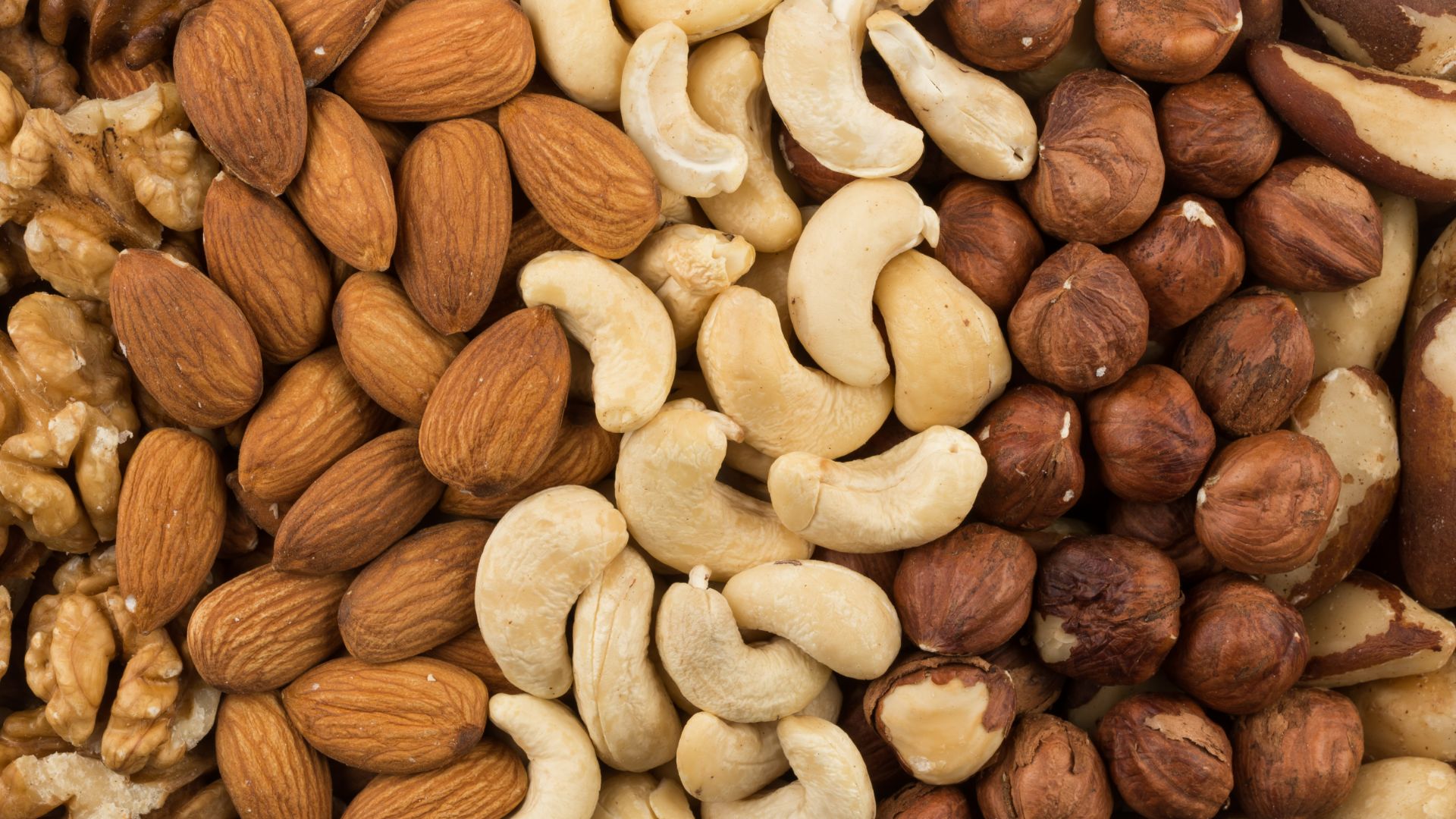
Dried seeds can get caught in your guinea pig's teeth, causing dental issues. While the seeds found in fresh foods like tomatoes or cucumbers are ok, dried seeds are high in fat and pose a choking hazard to guinea pigs.
Lou is an experienced writer and keen dog lover who works at PetRadar's sister site, LiveScience. When Lou isn't covering health and fitness, she's busy spending time with her family dogs or growing all kinds of veggies and flowers on her allotment.
